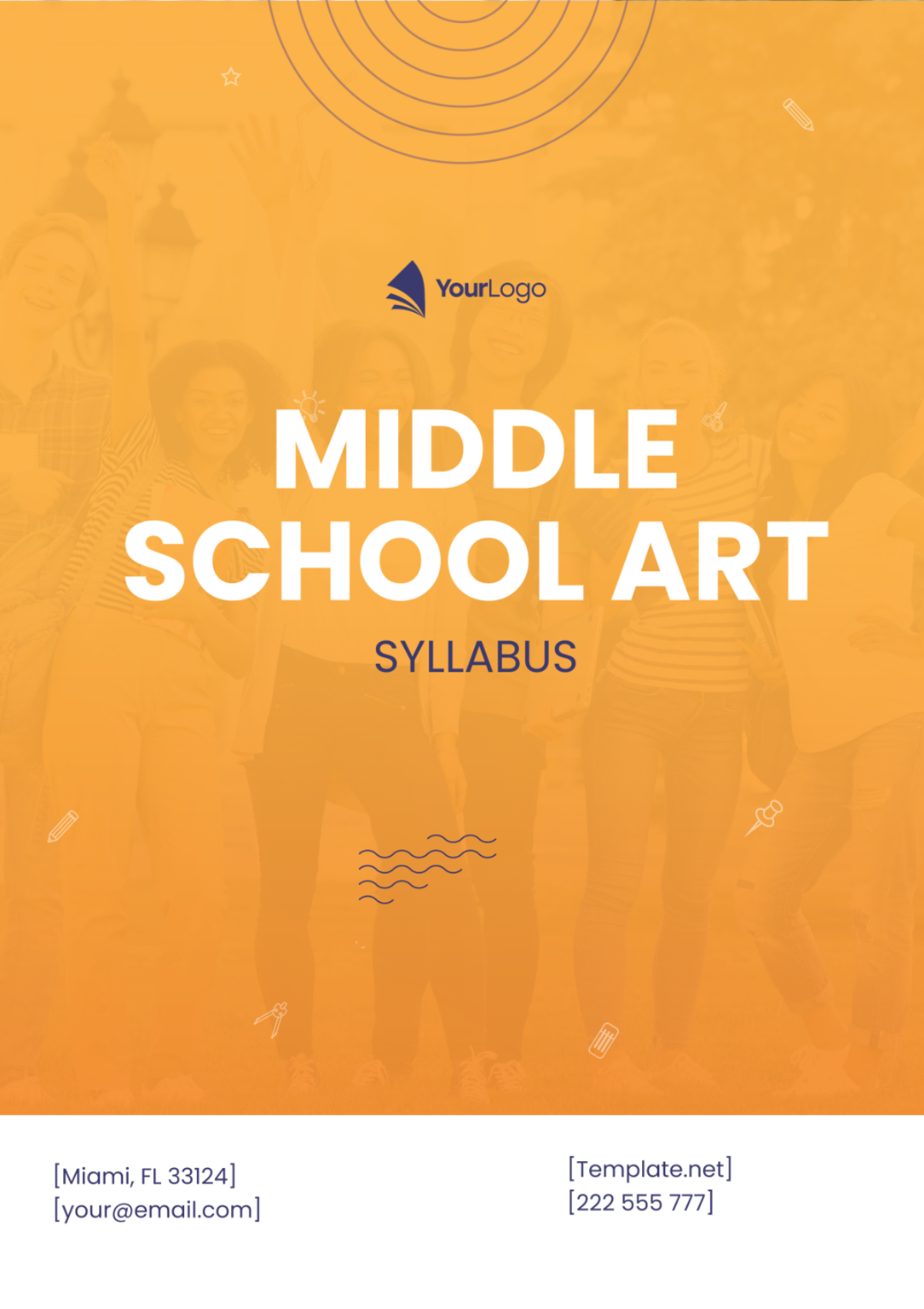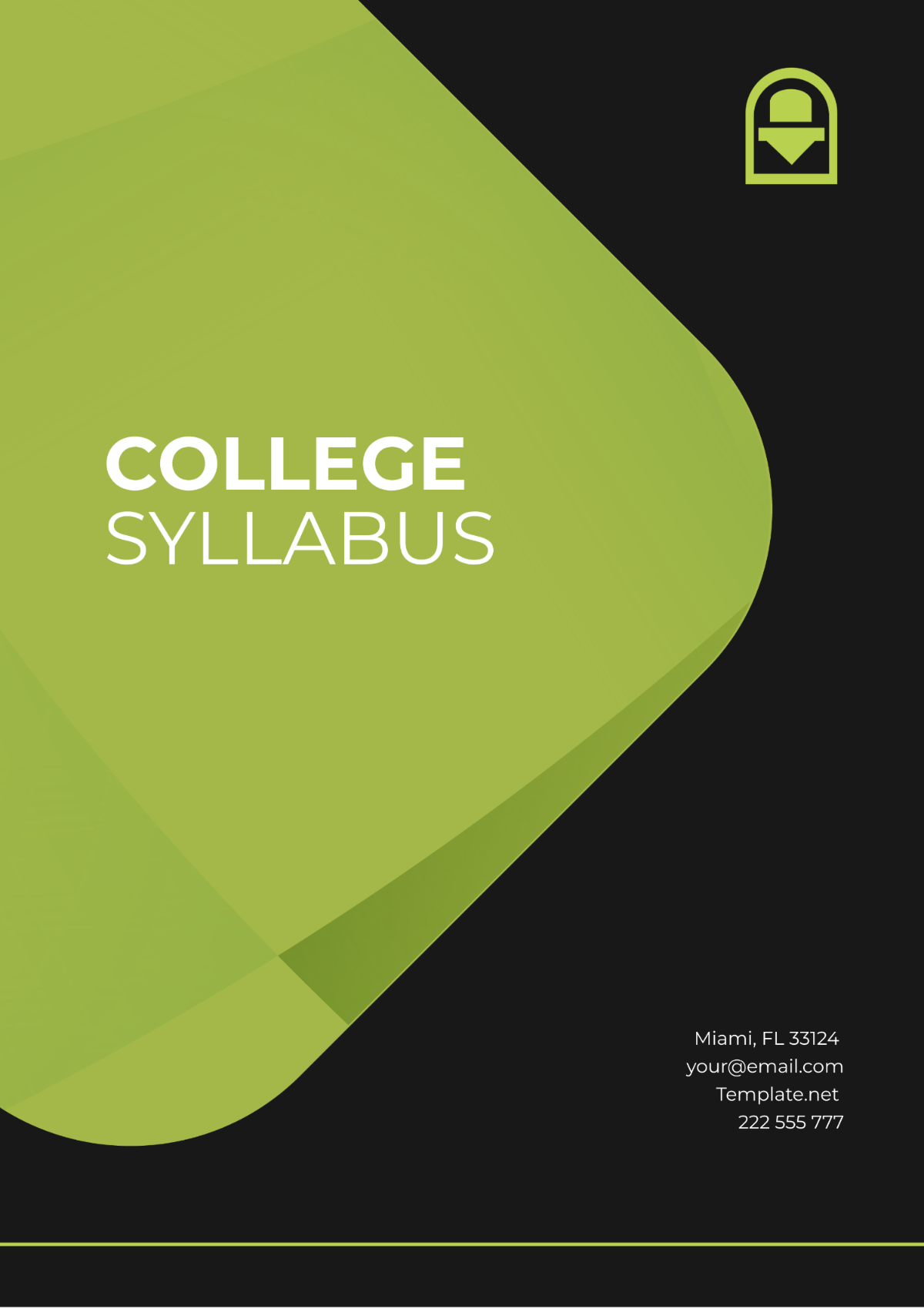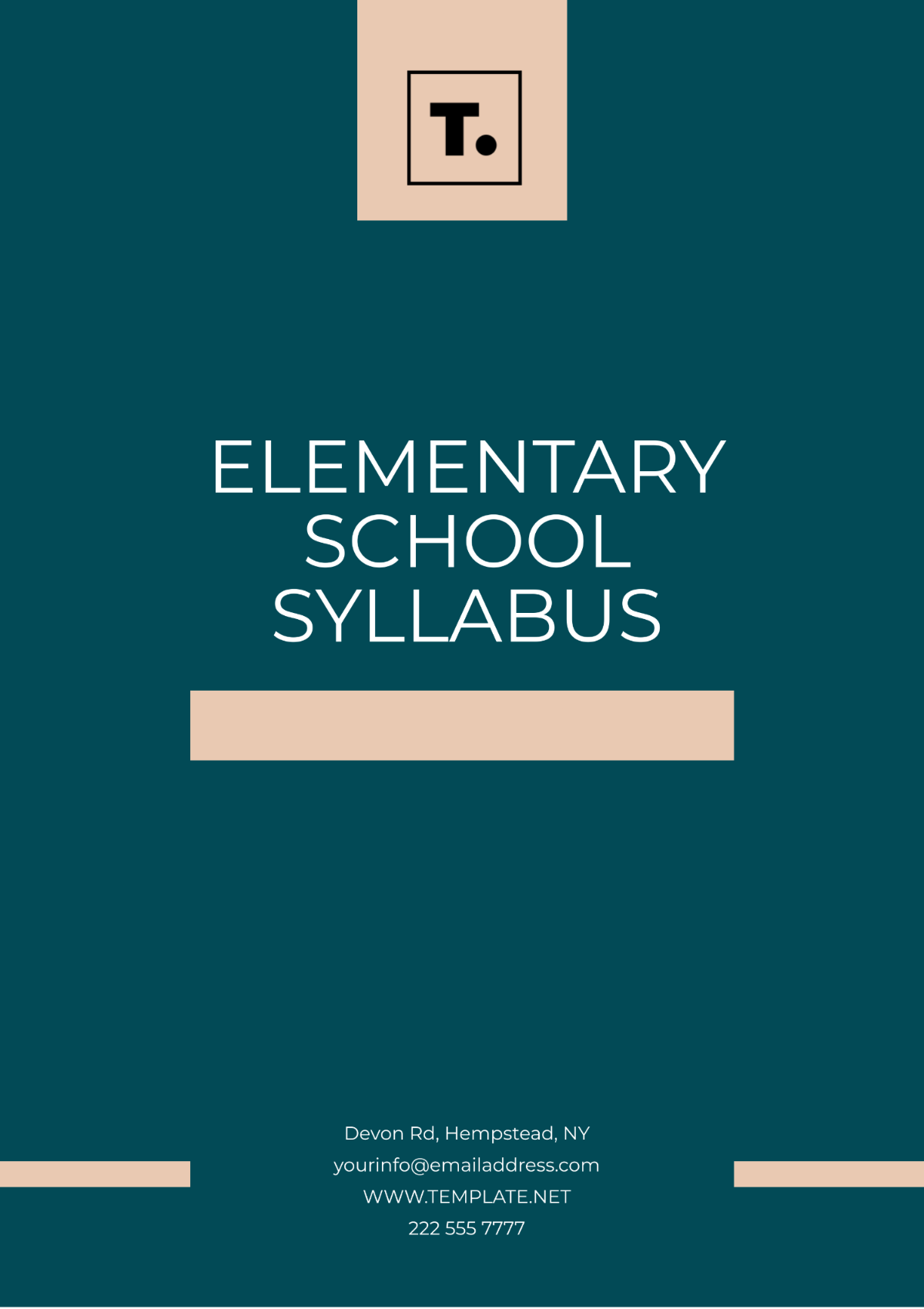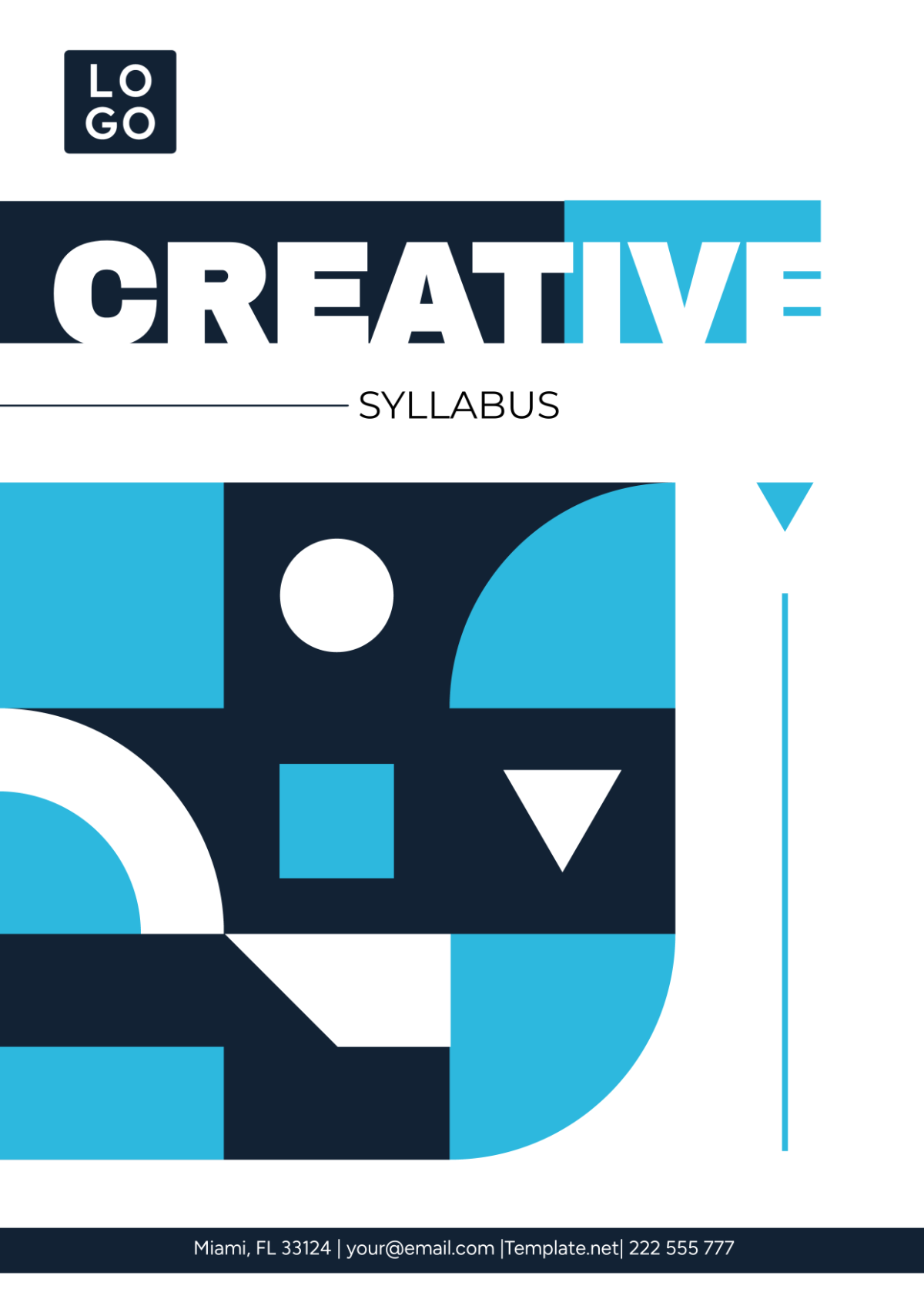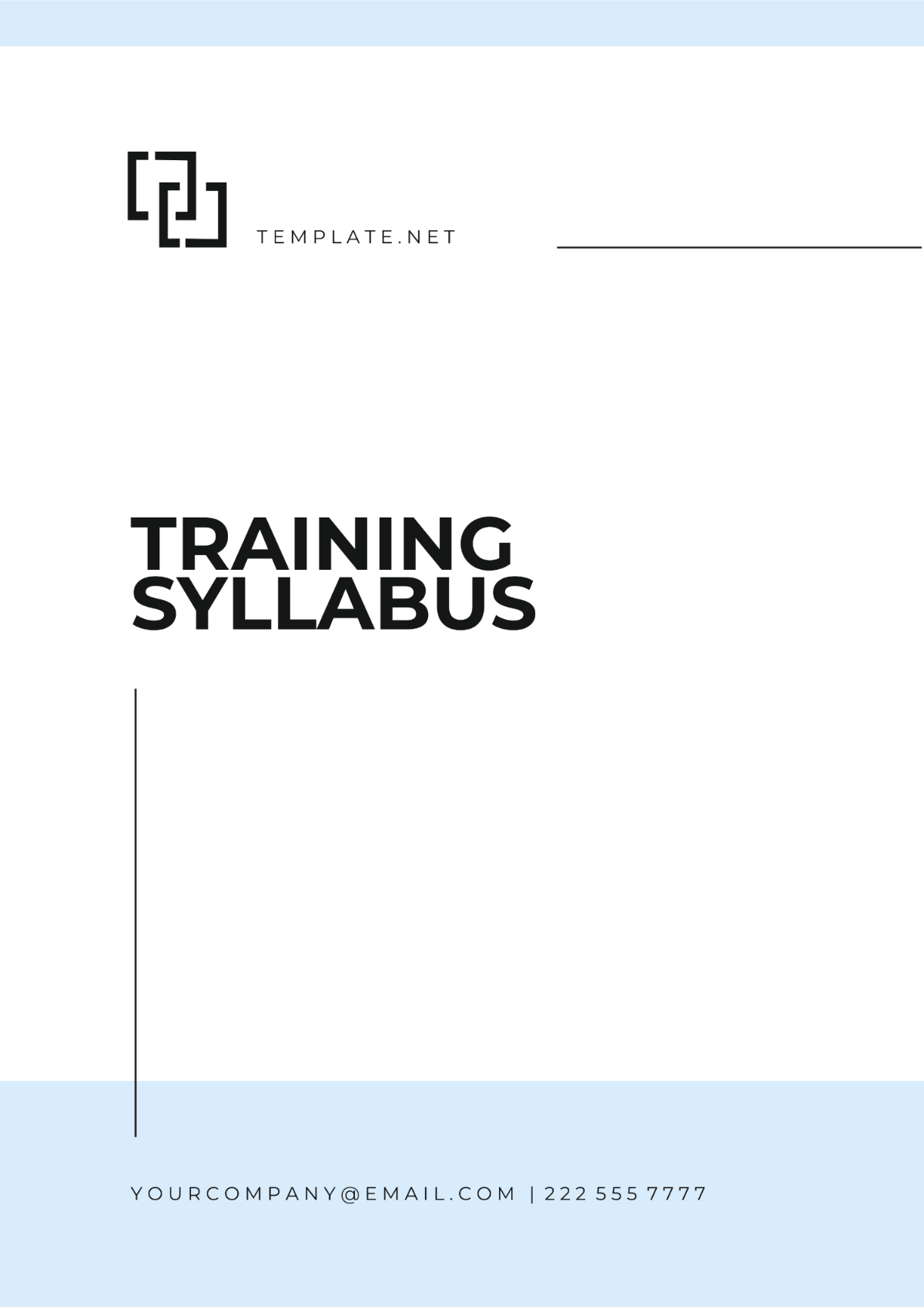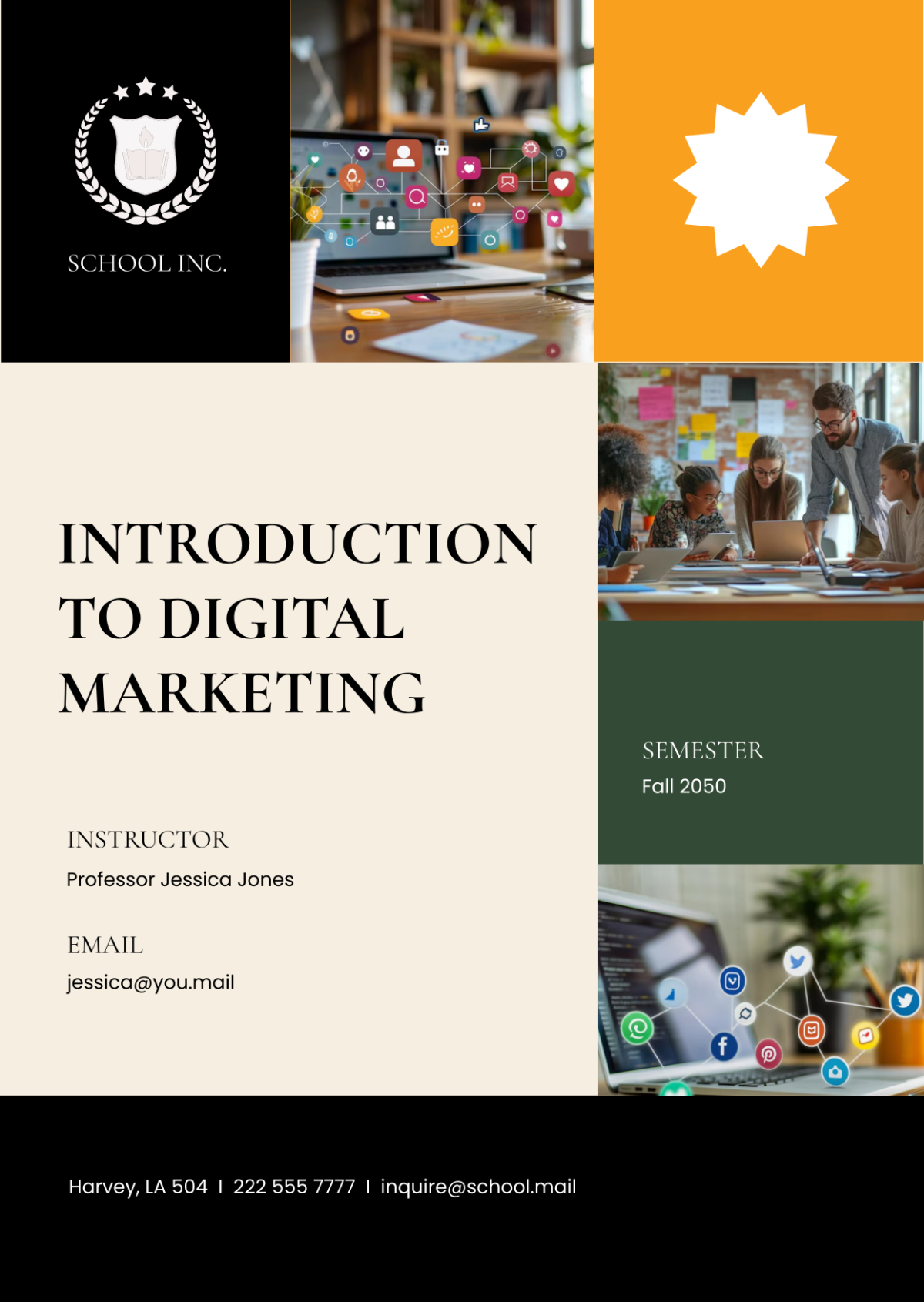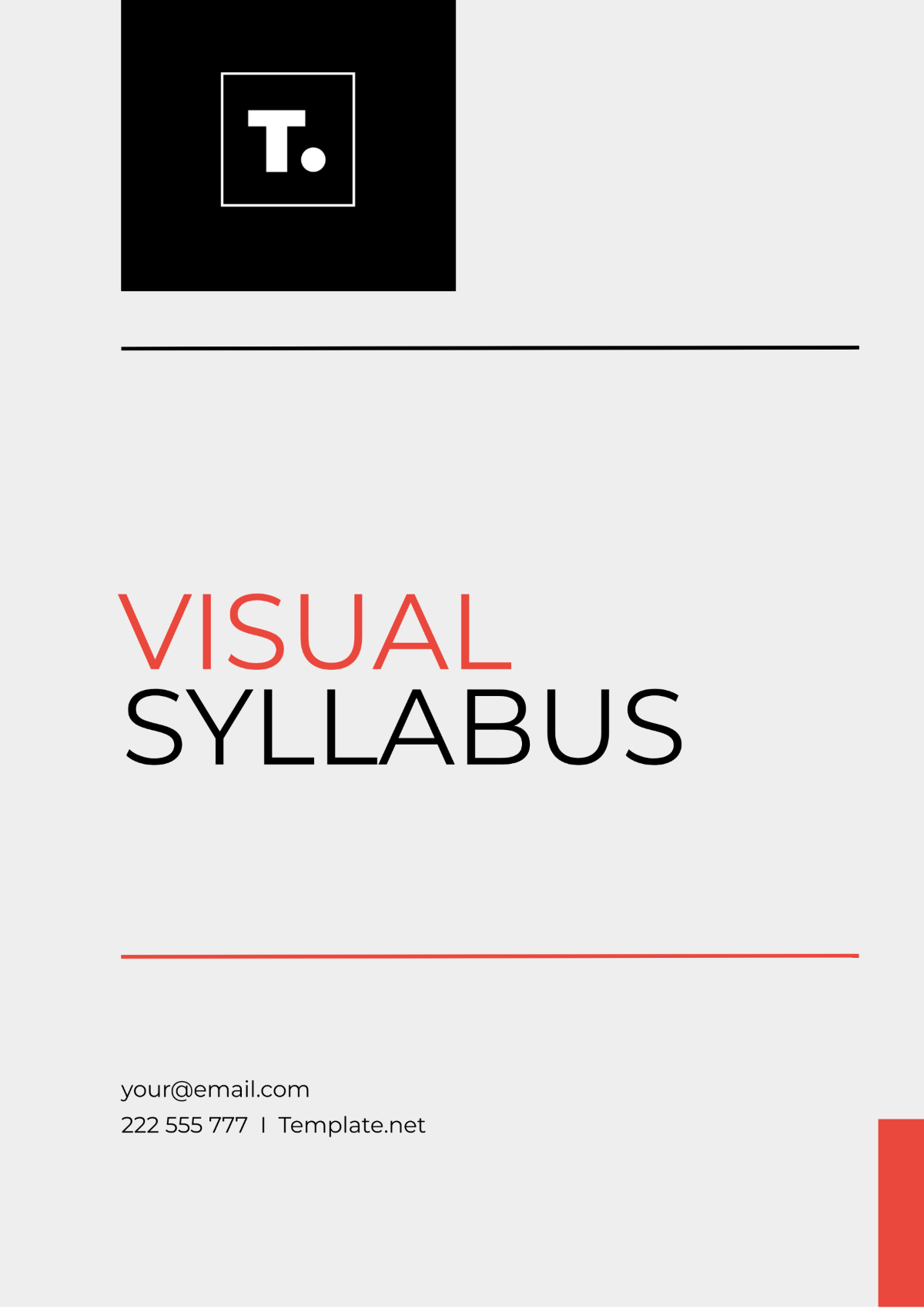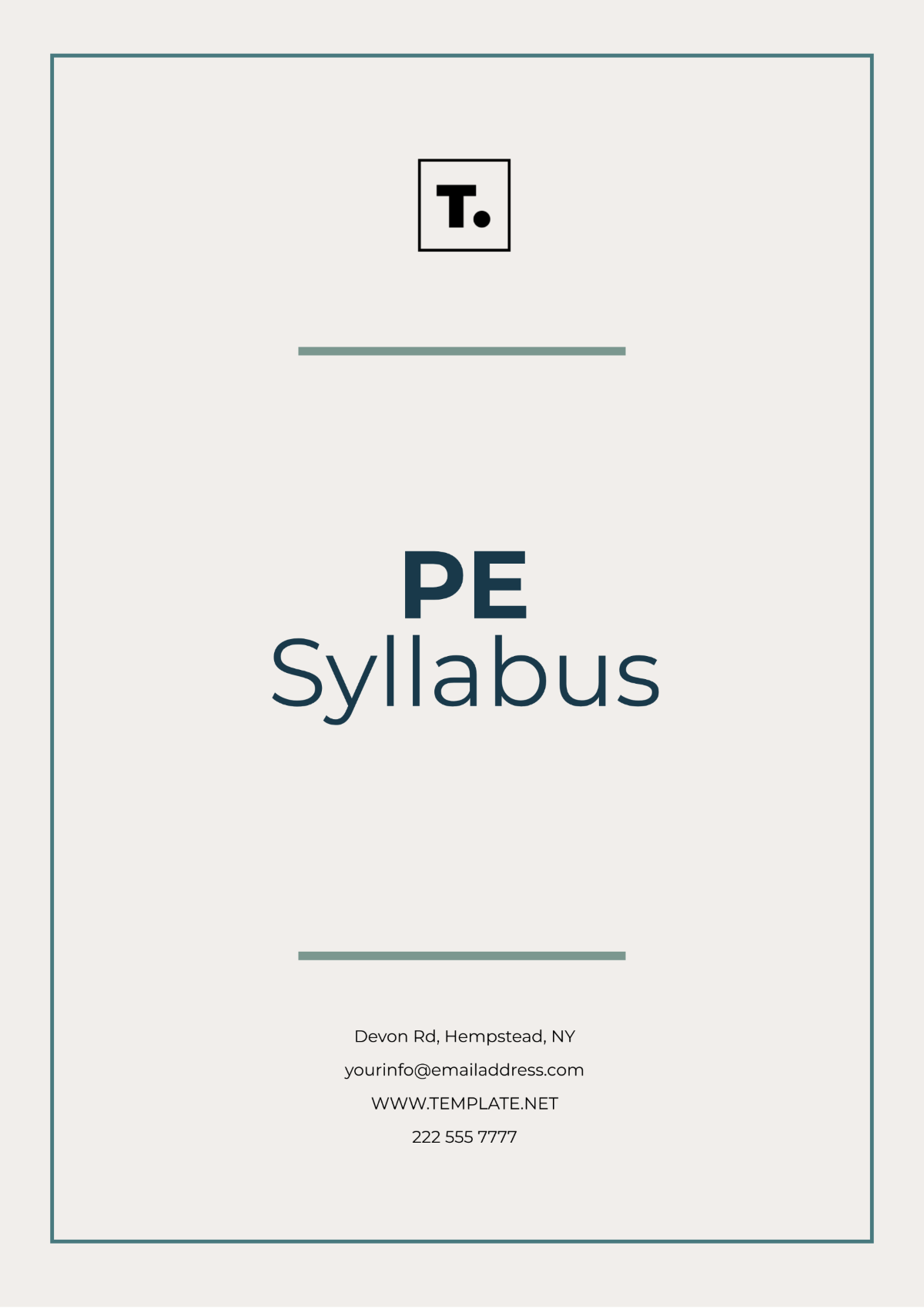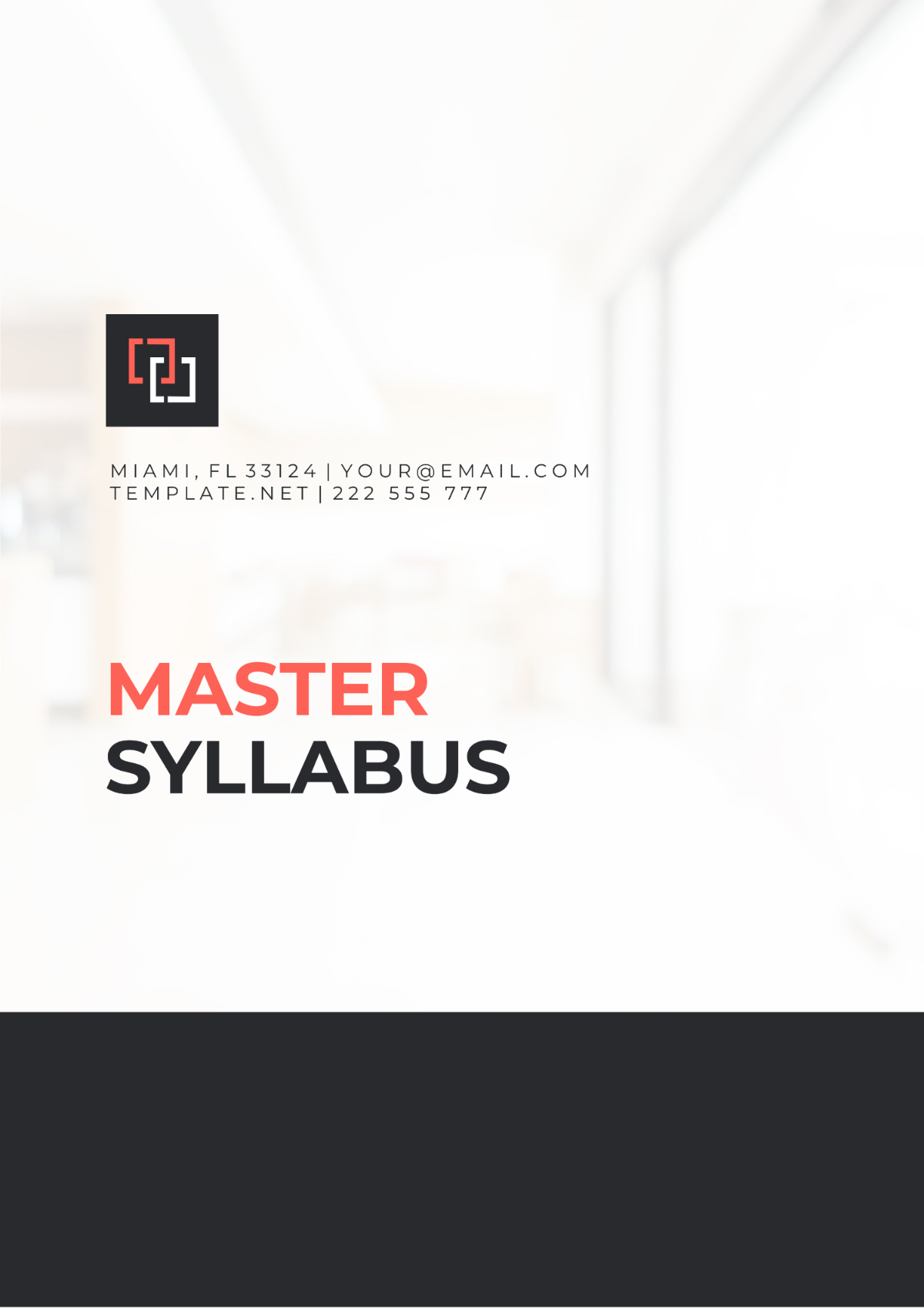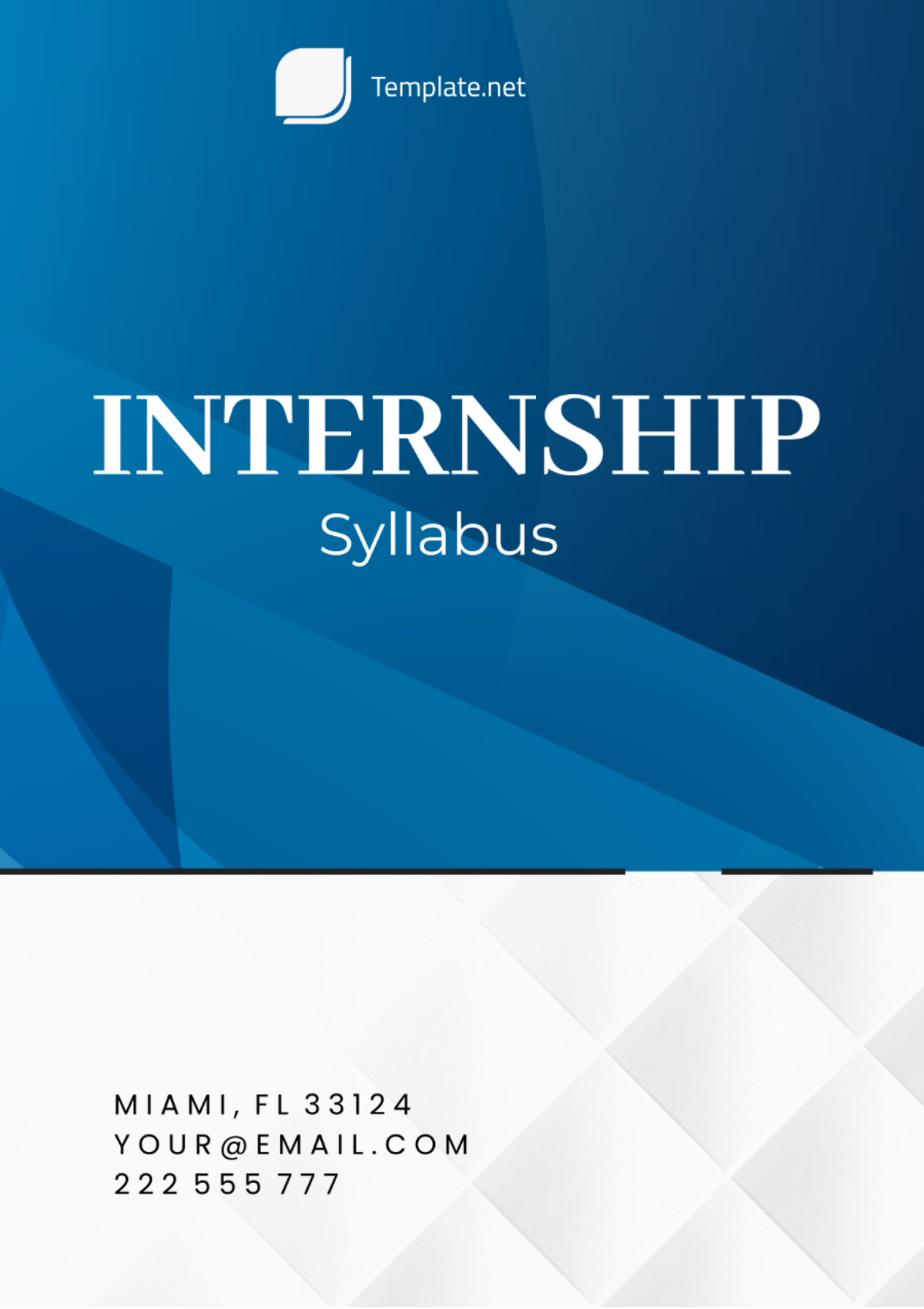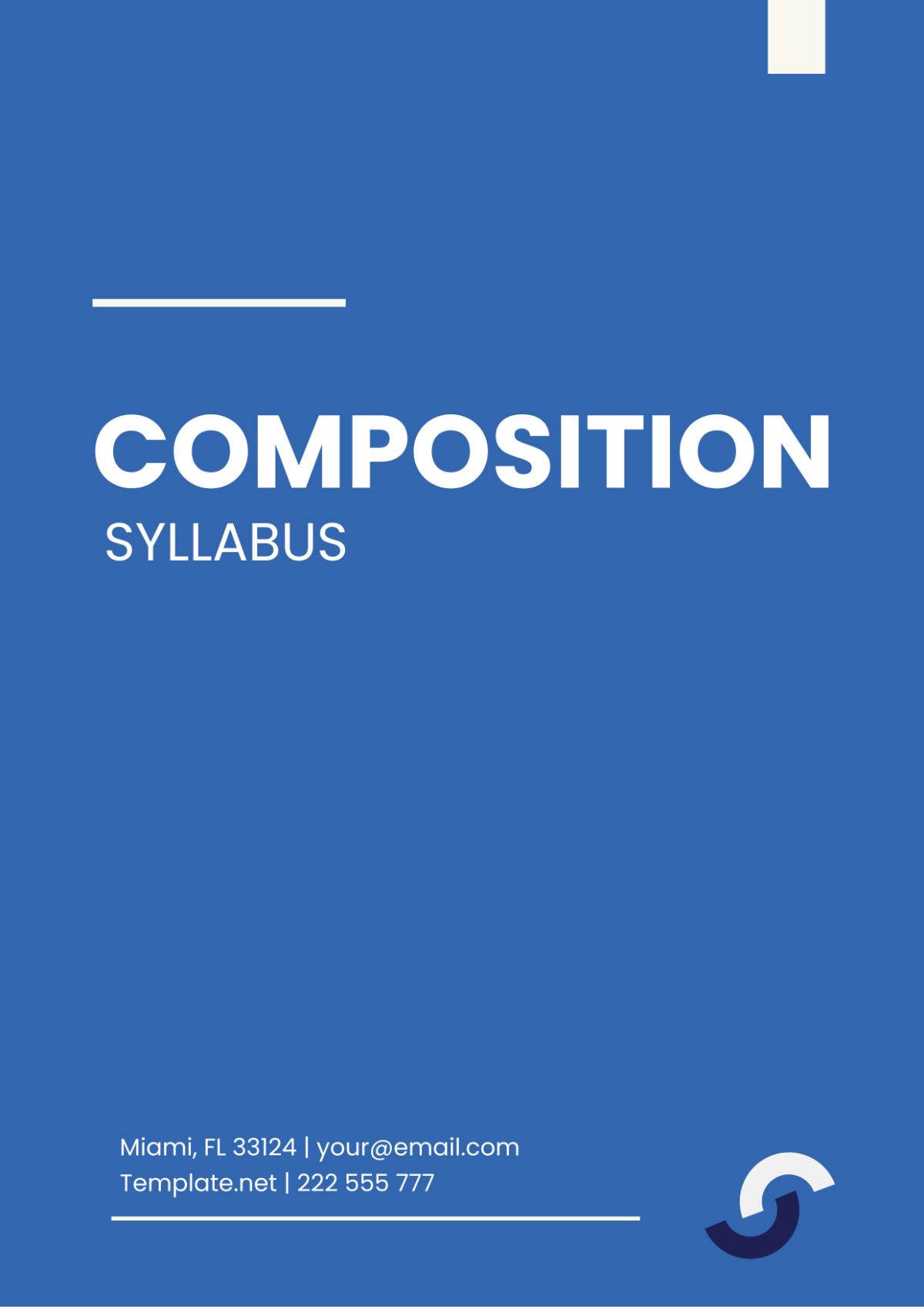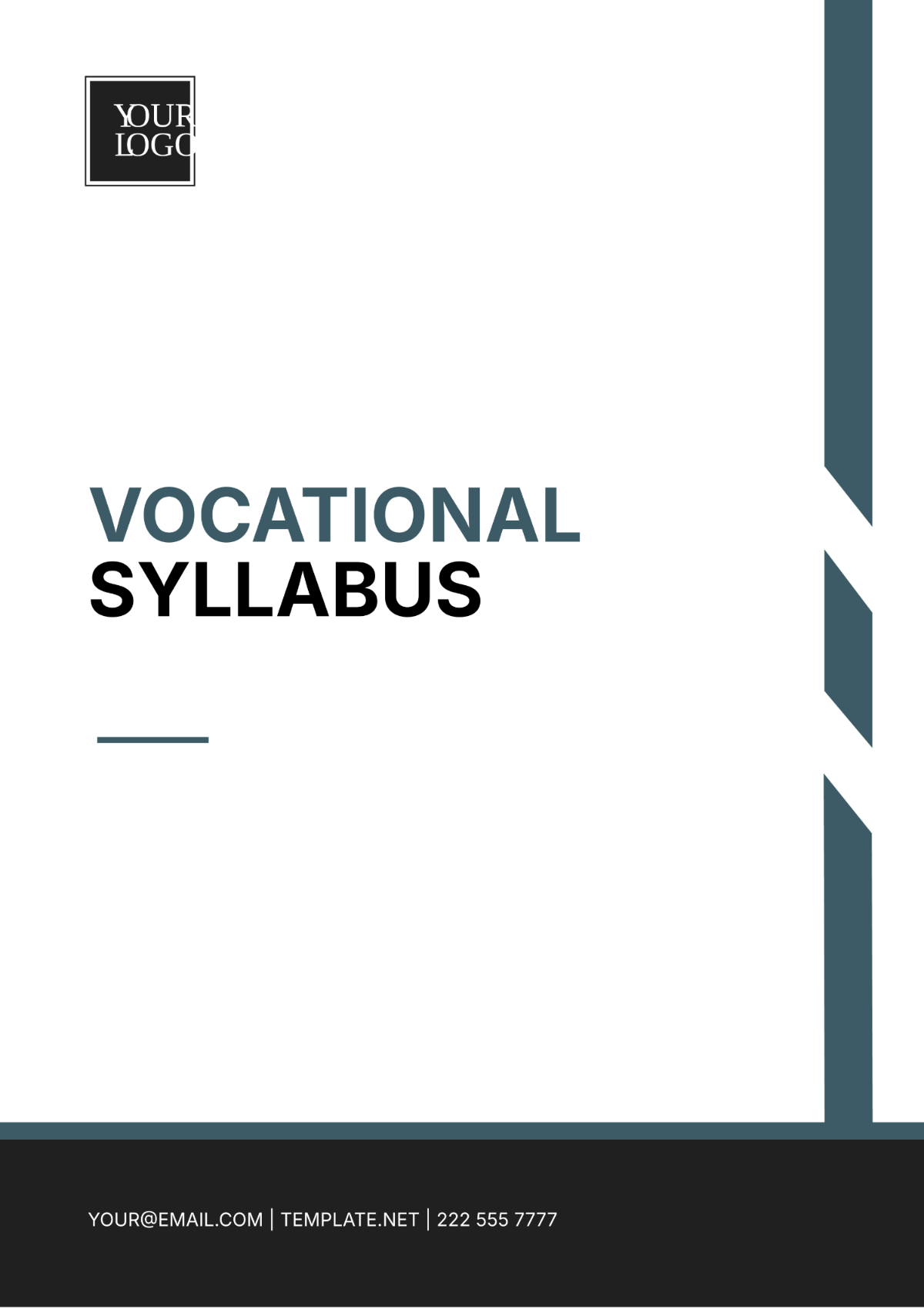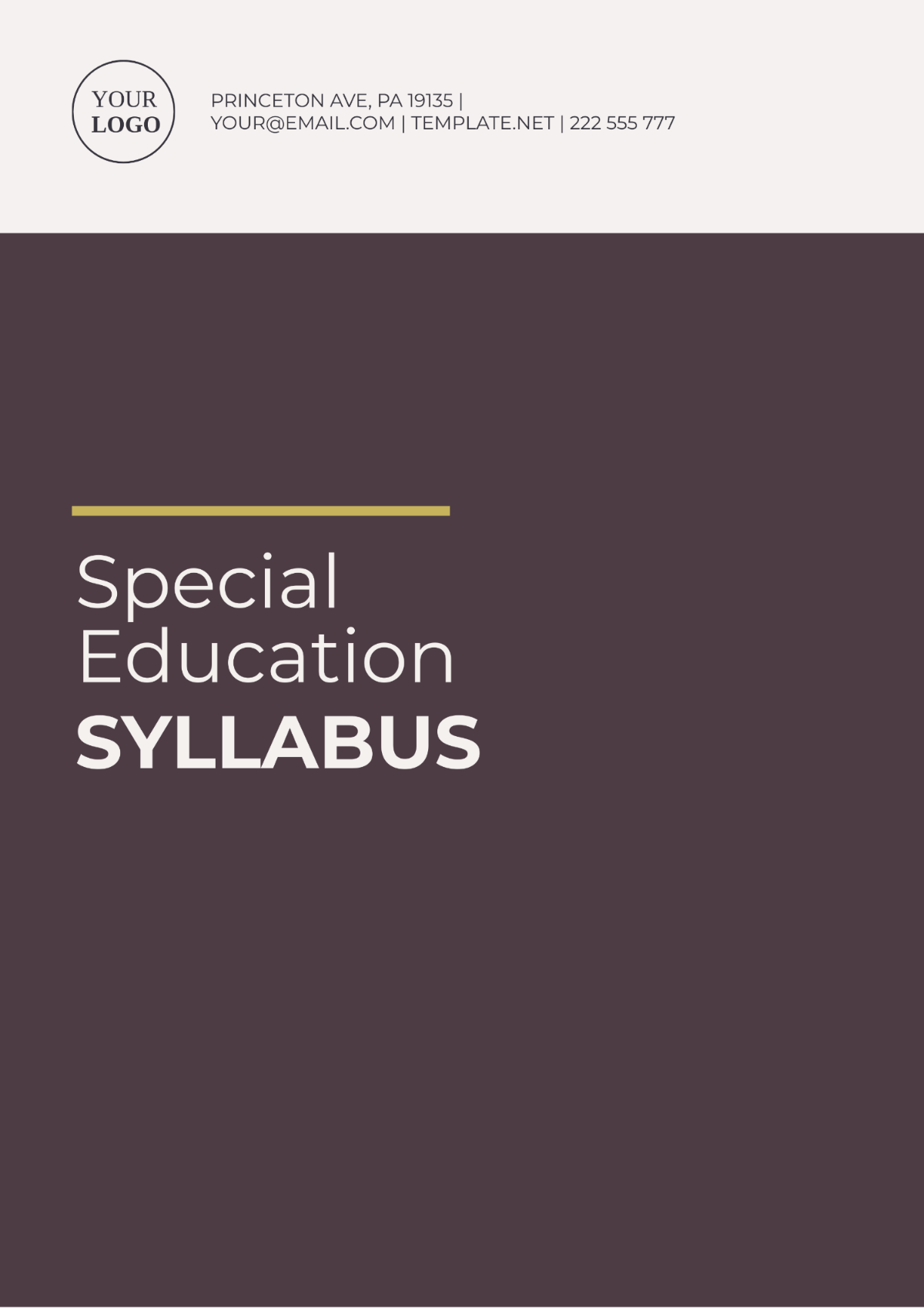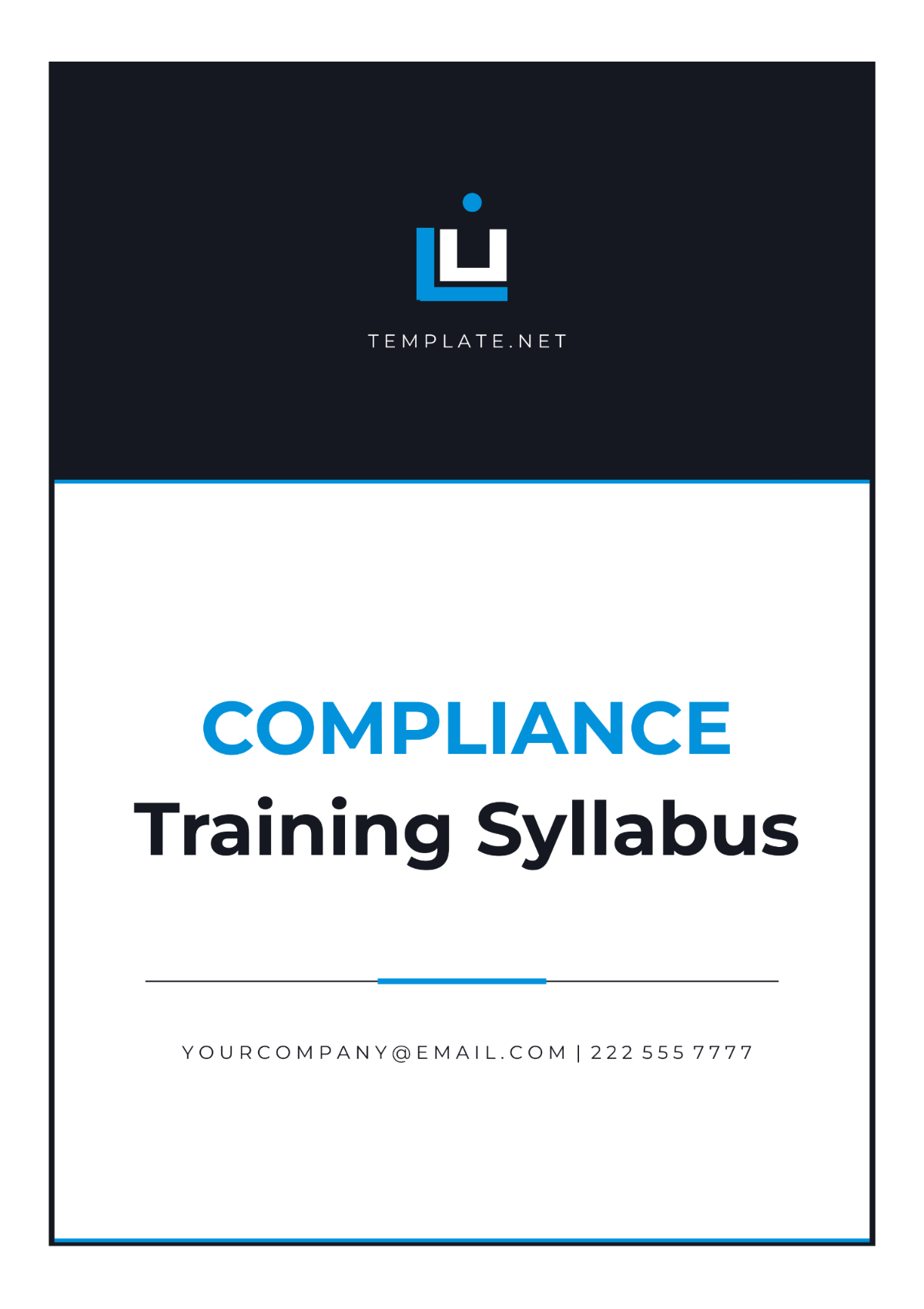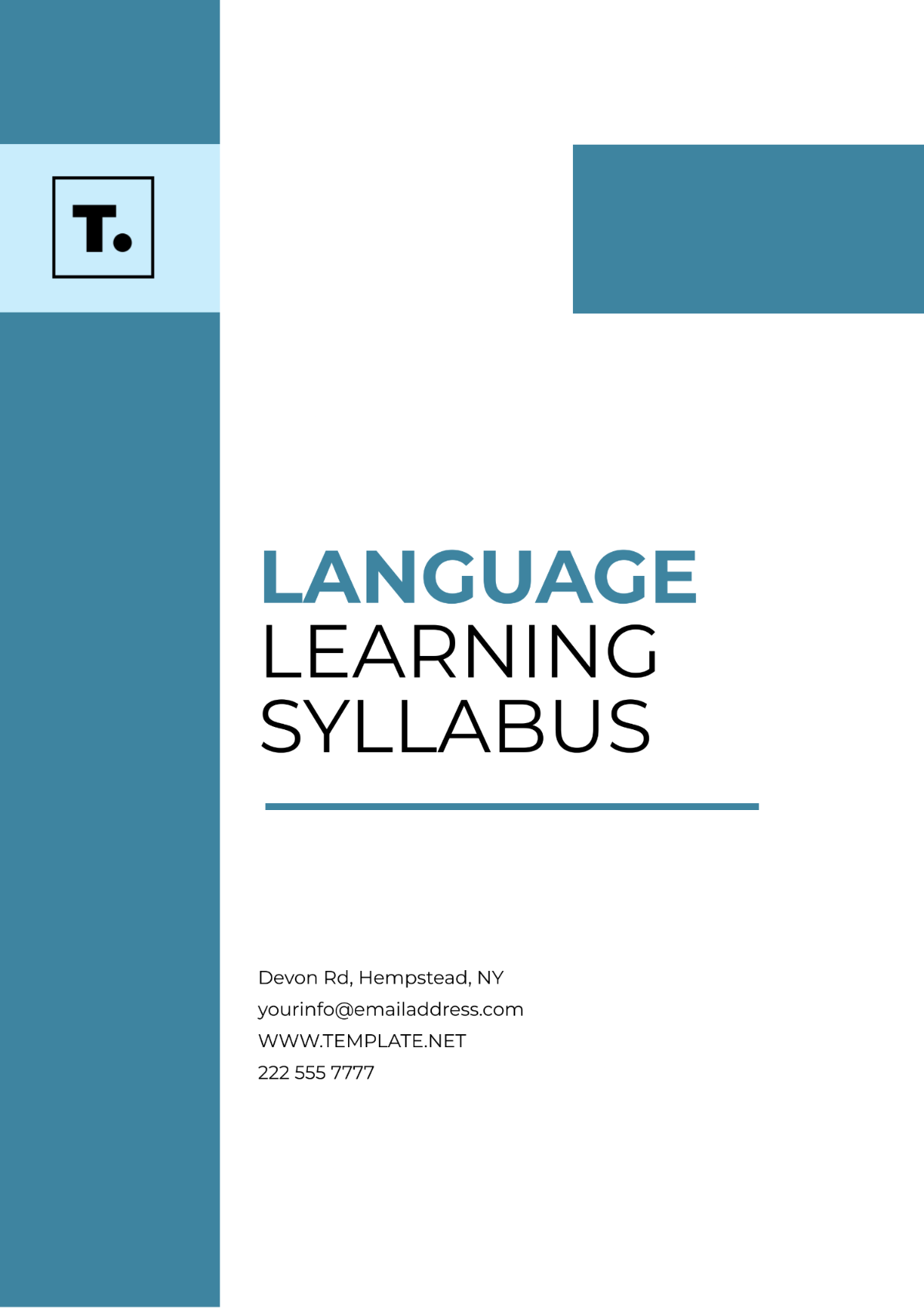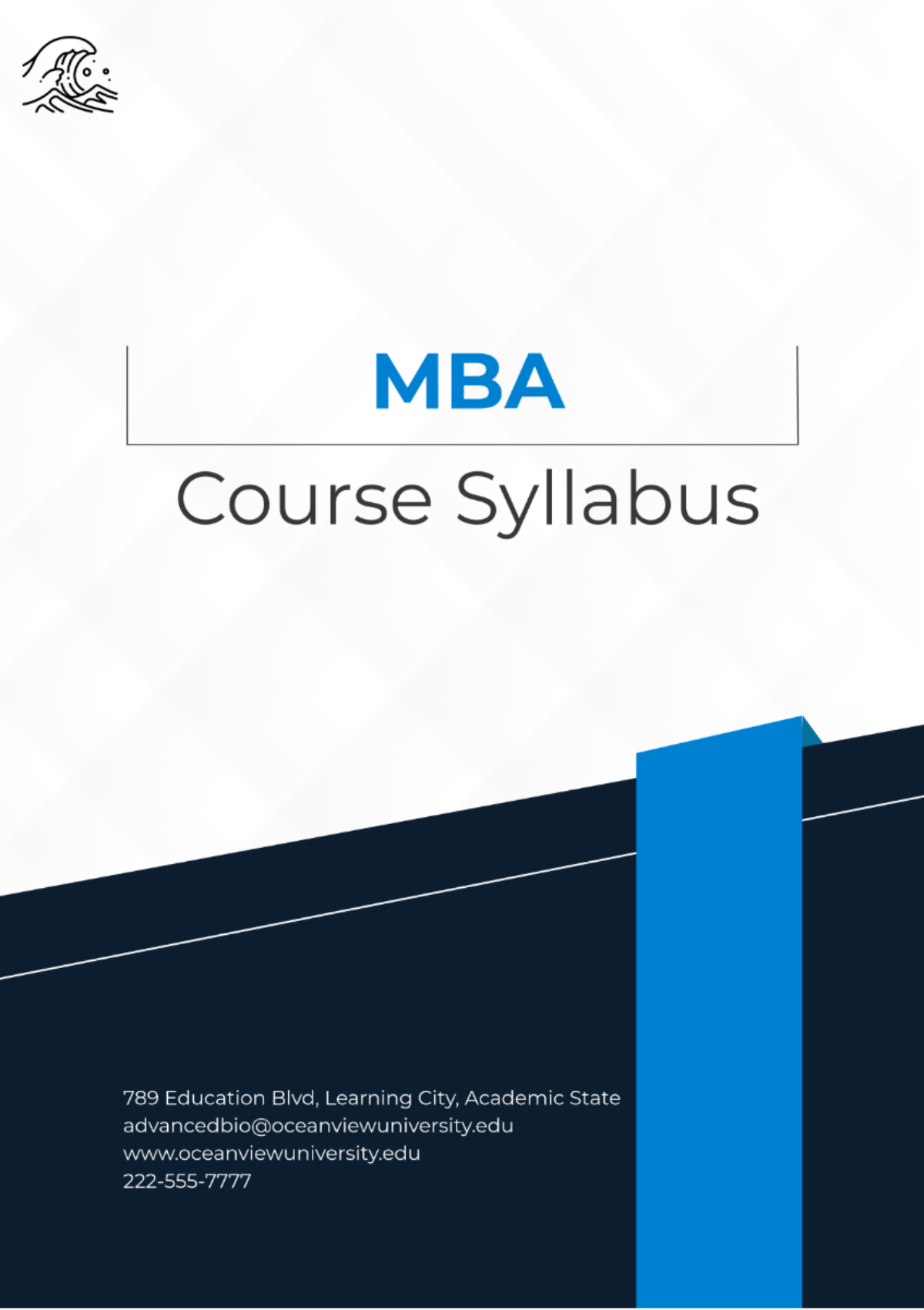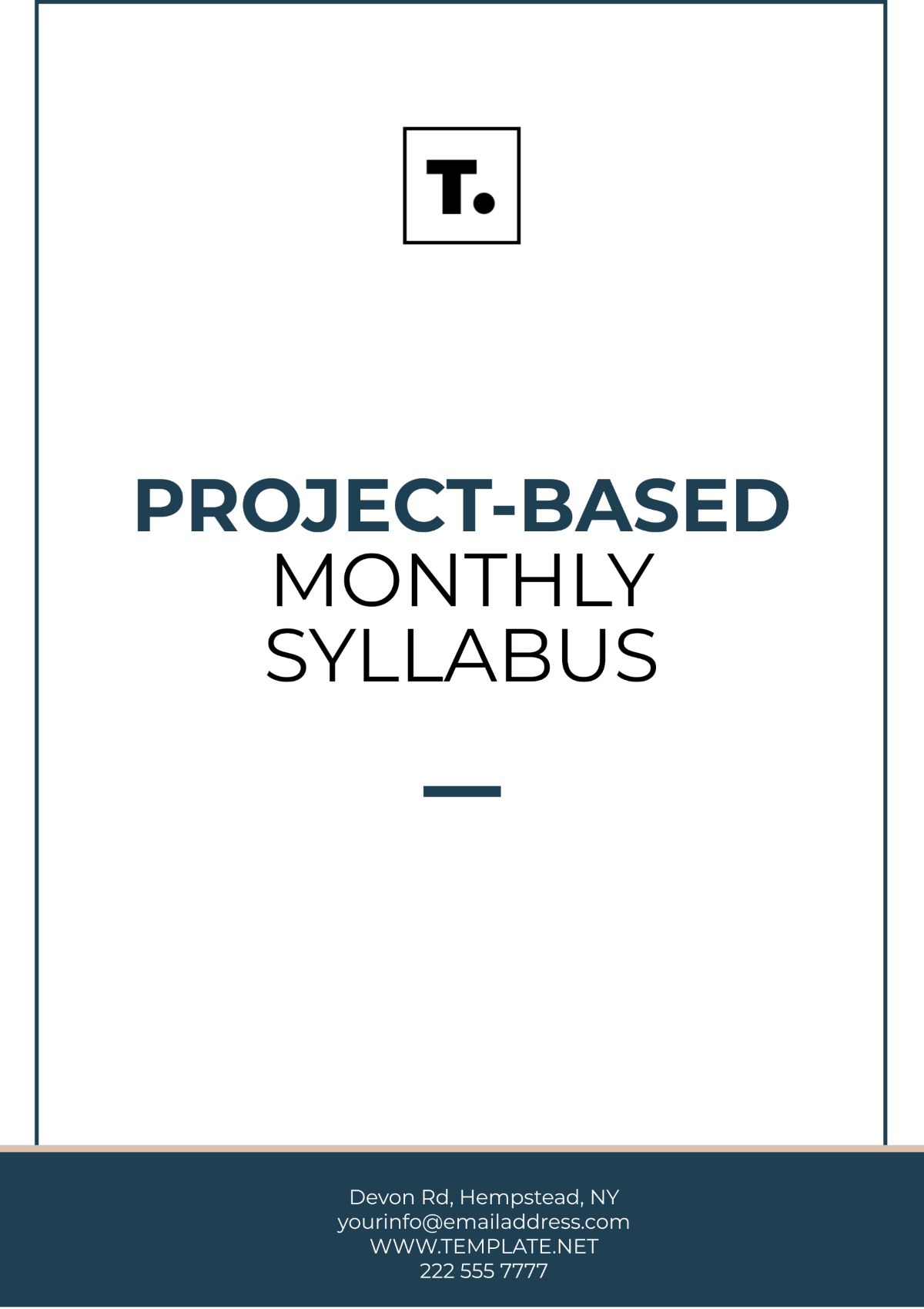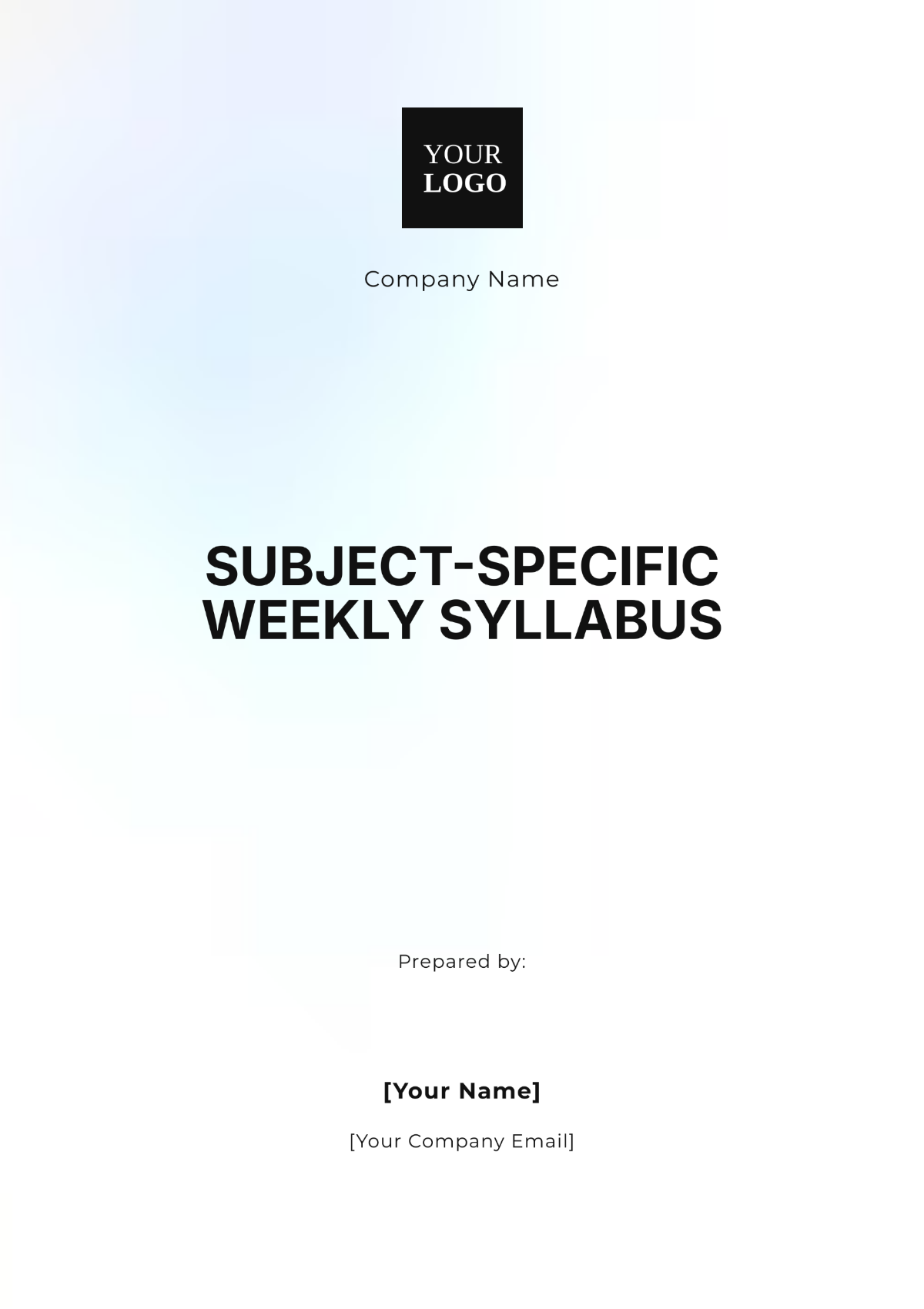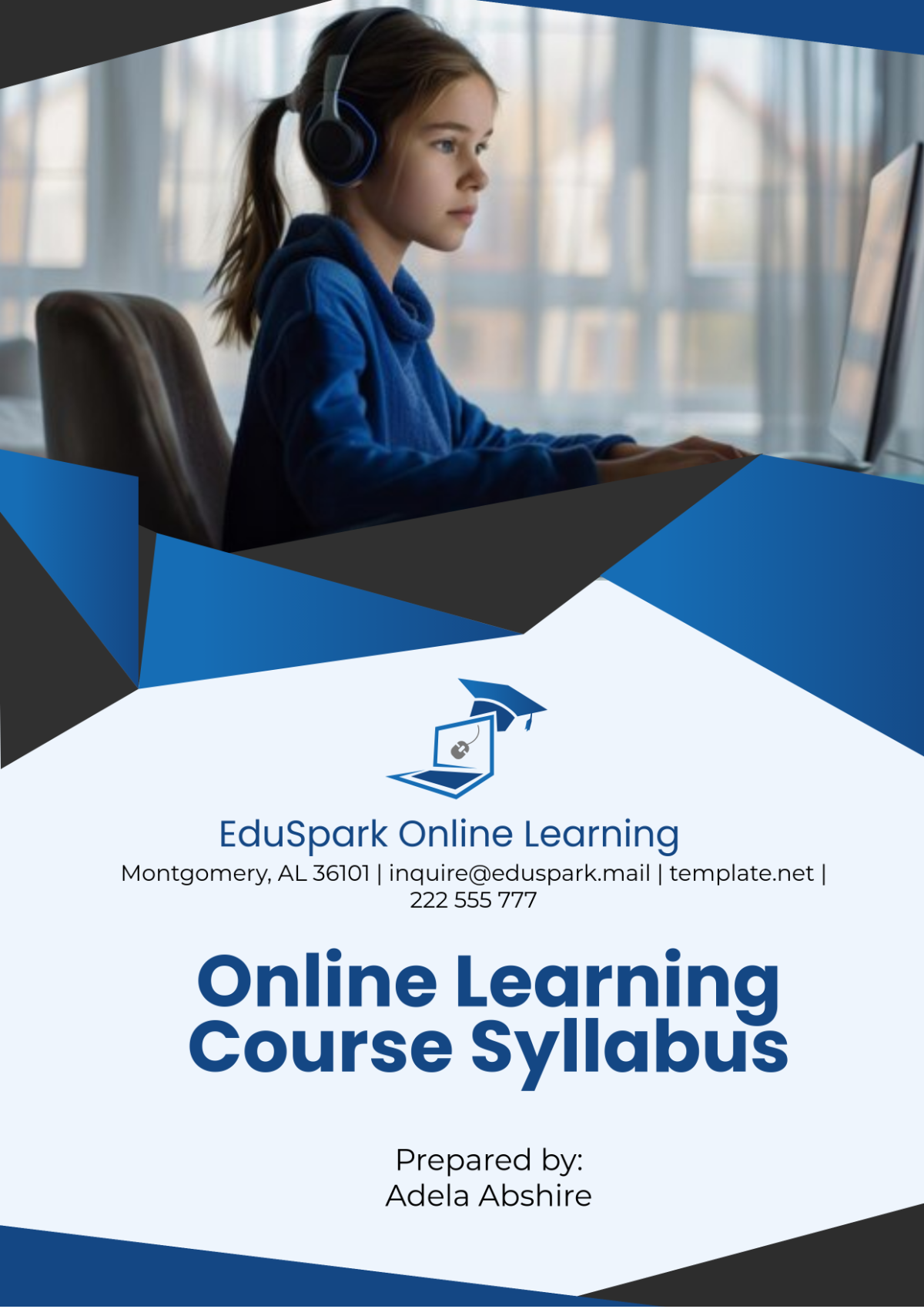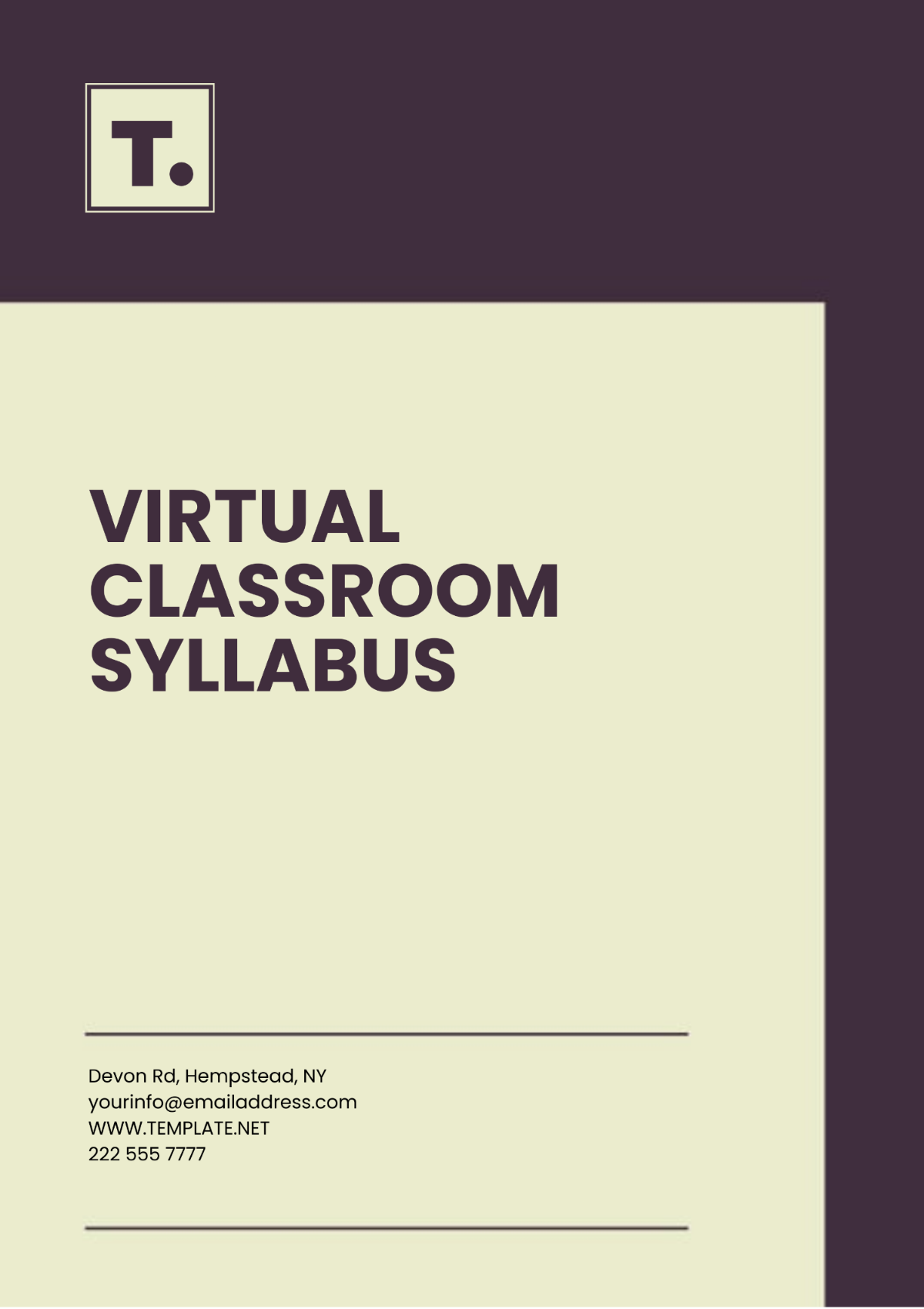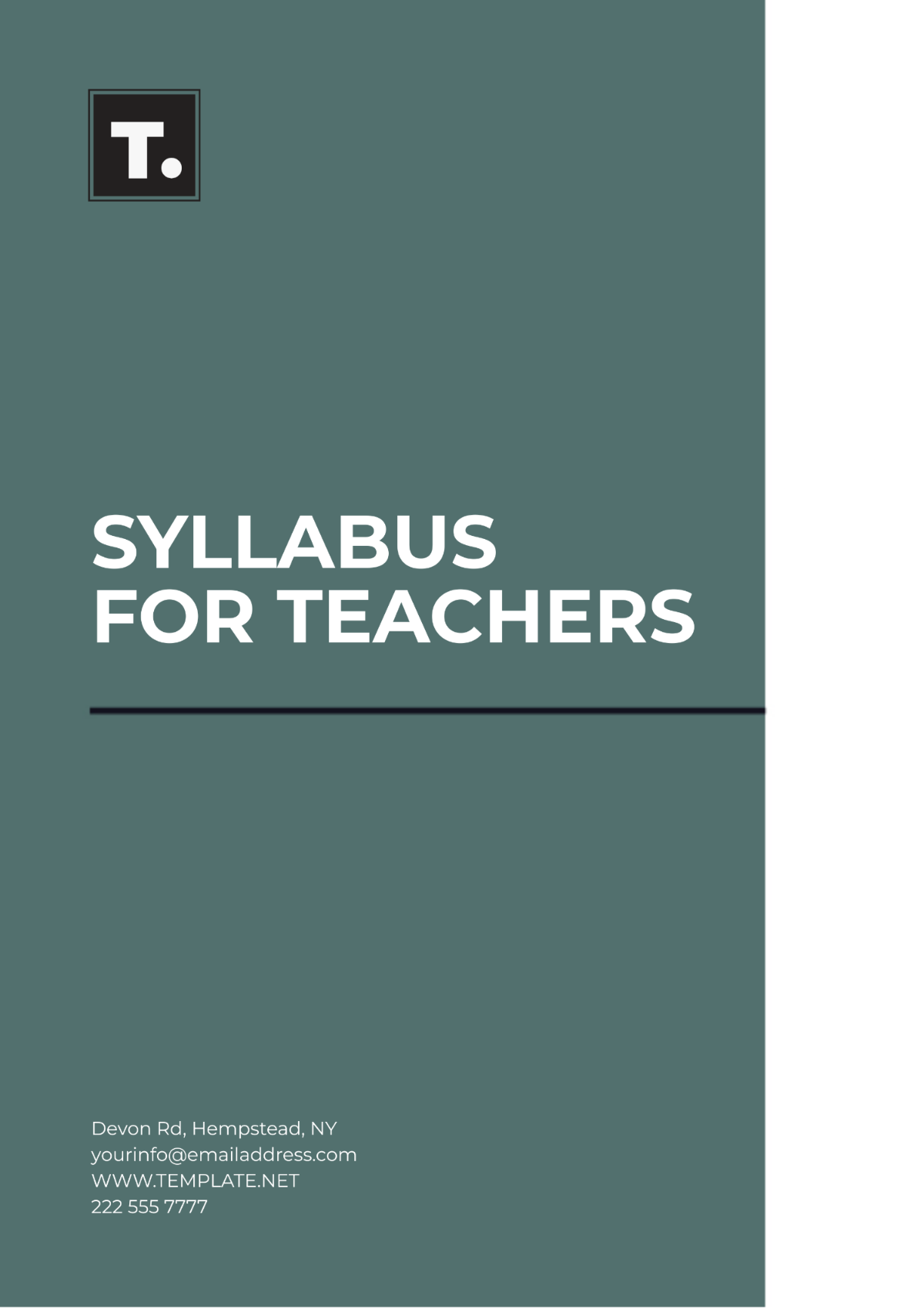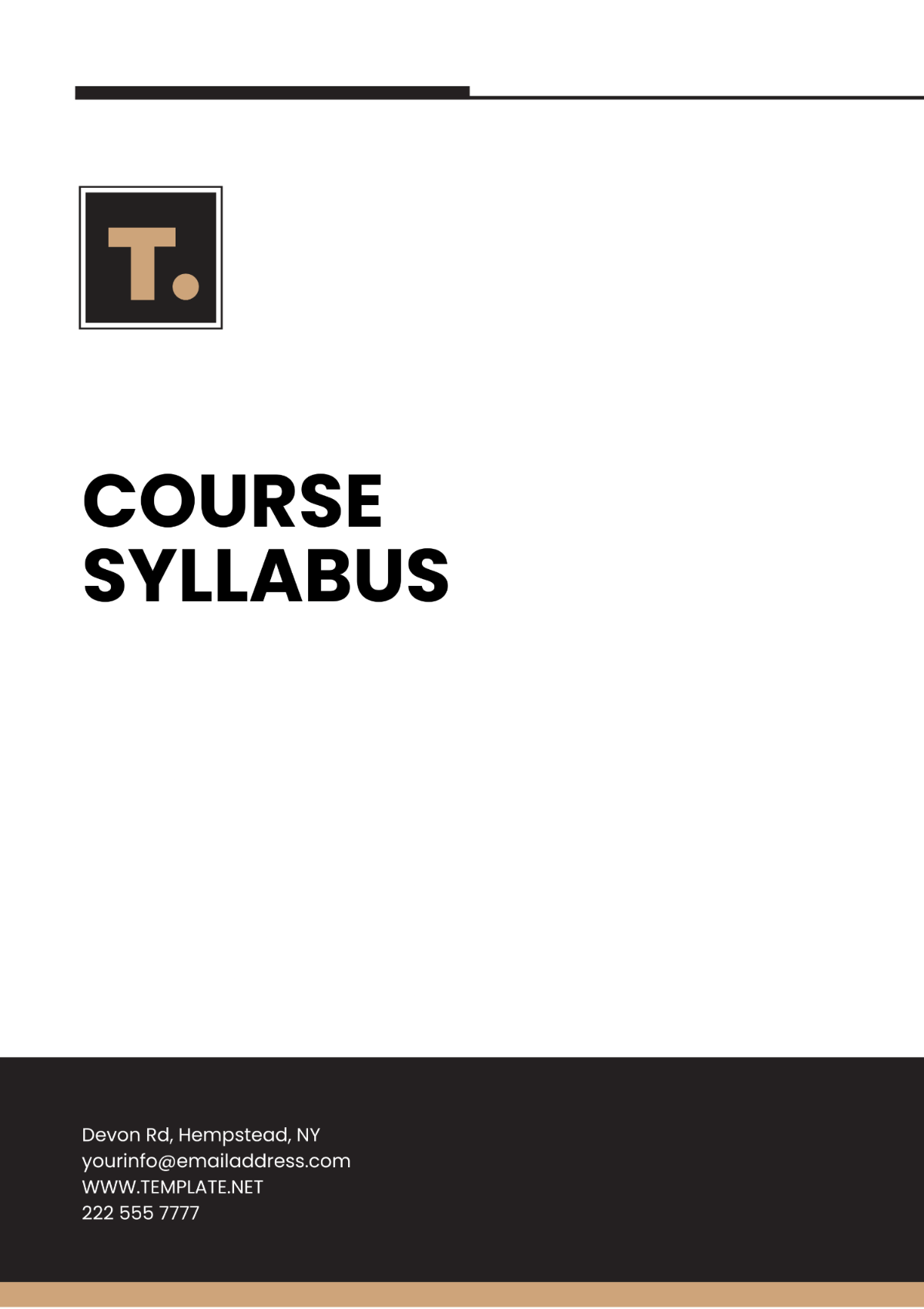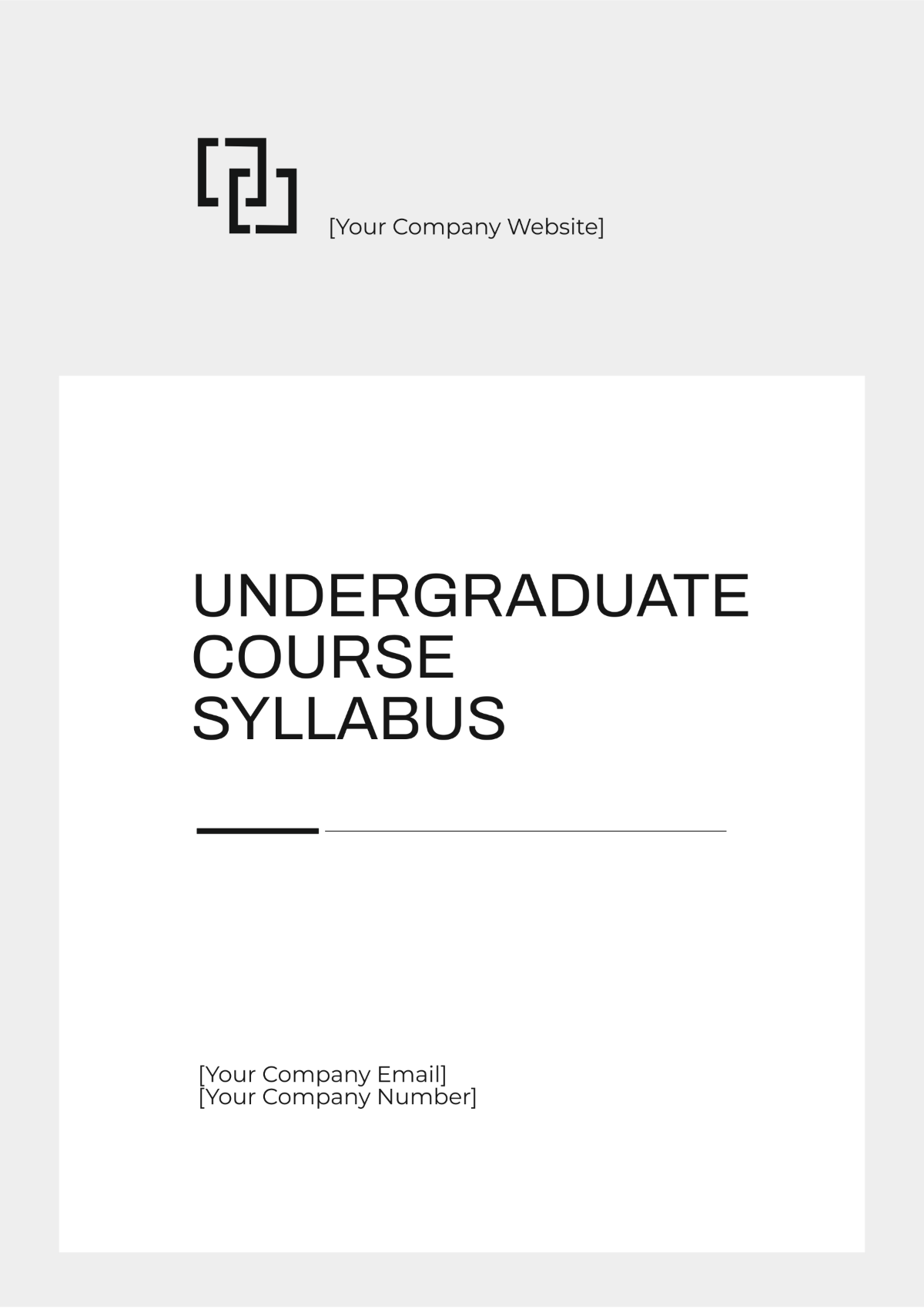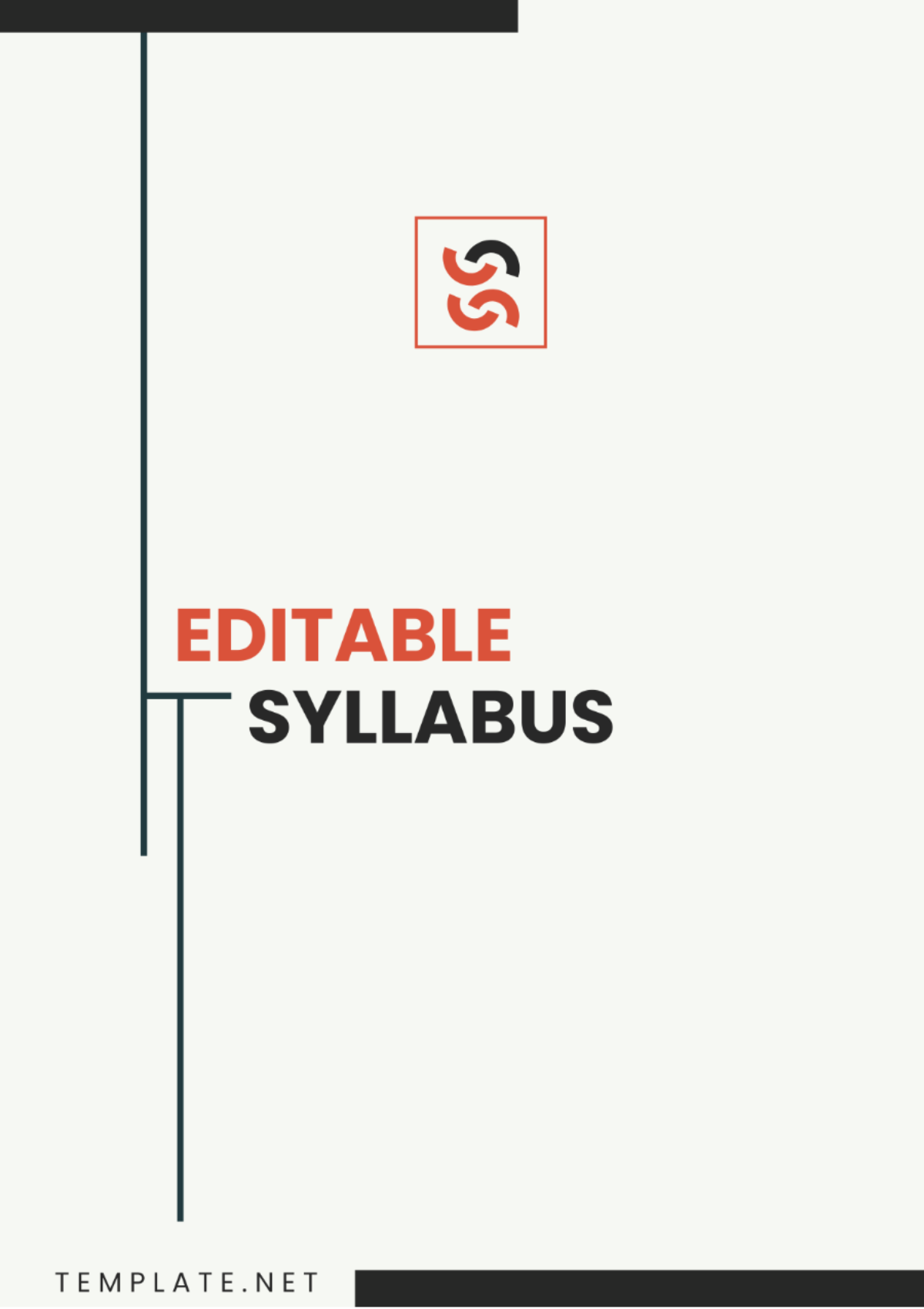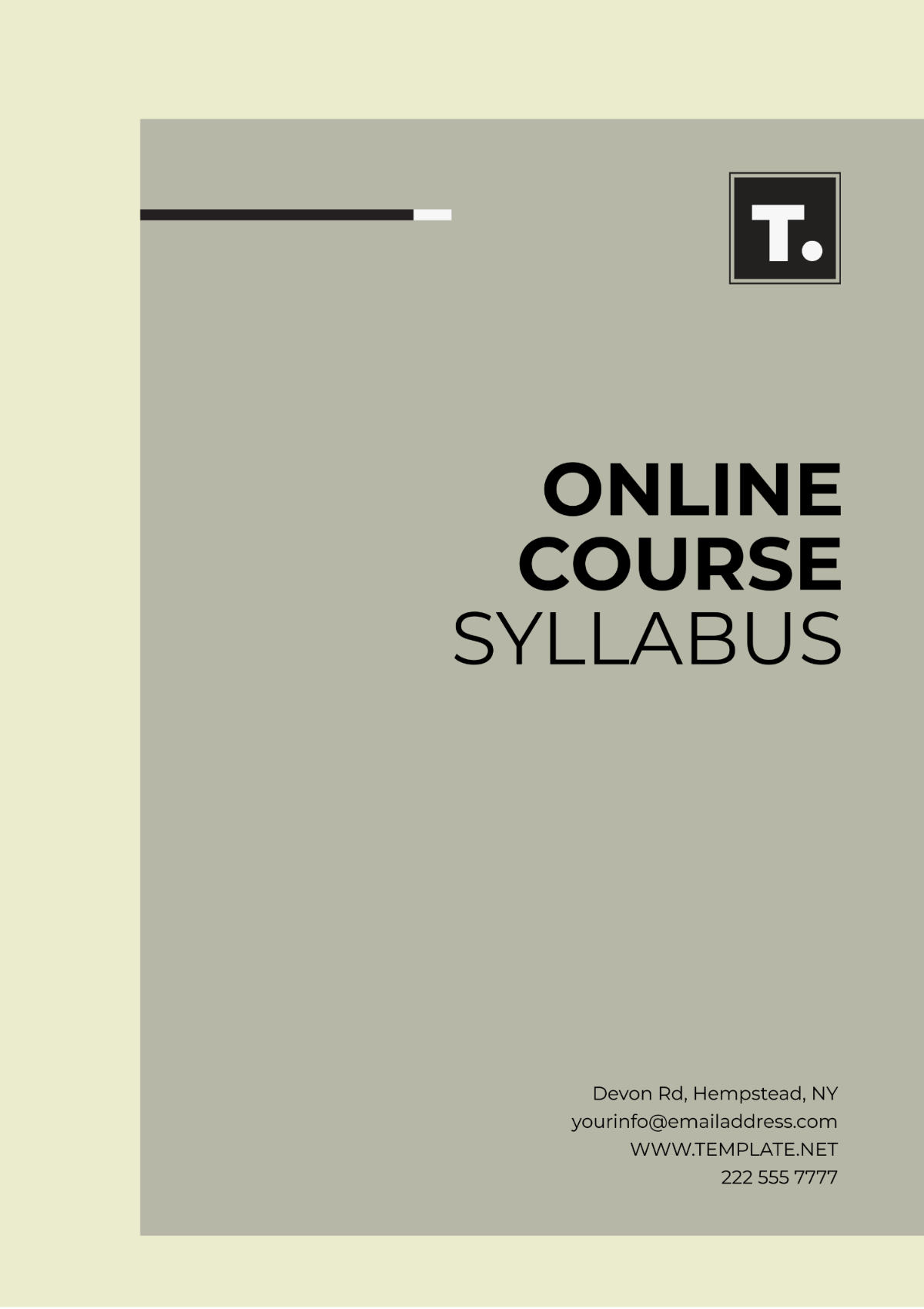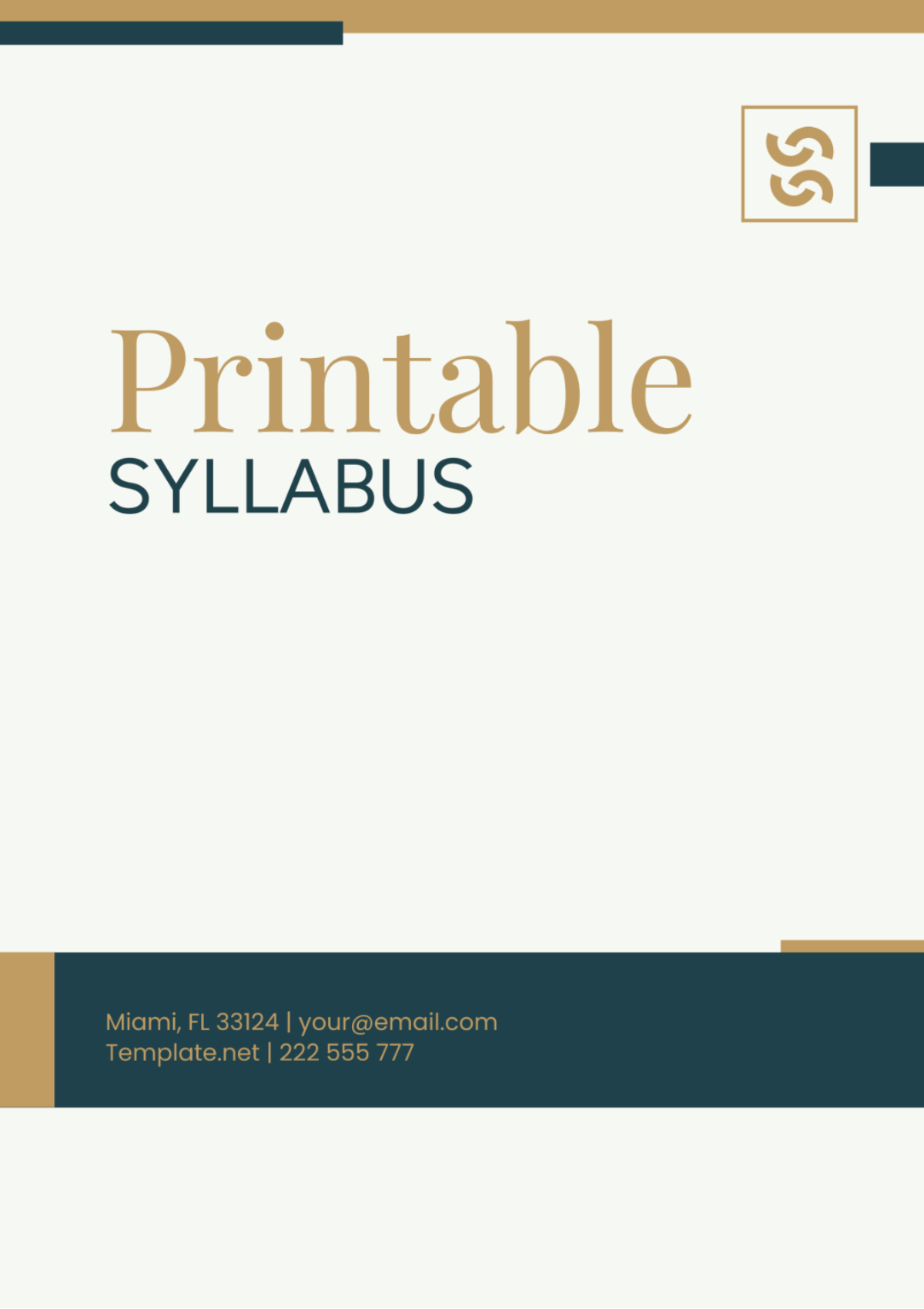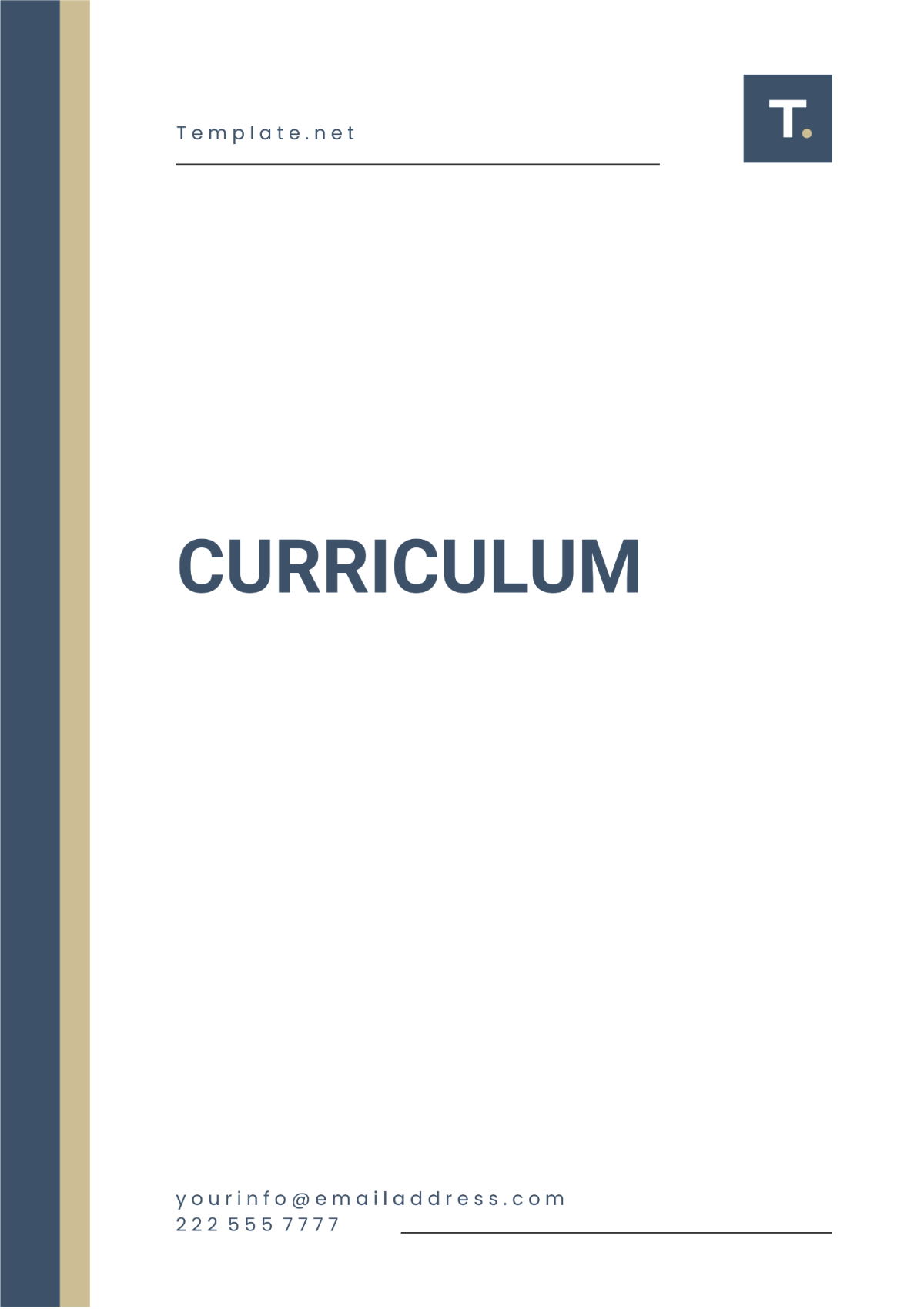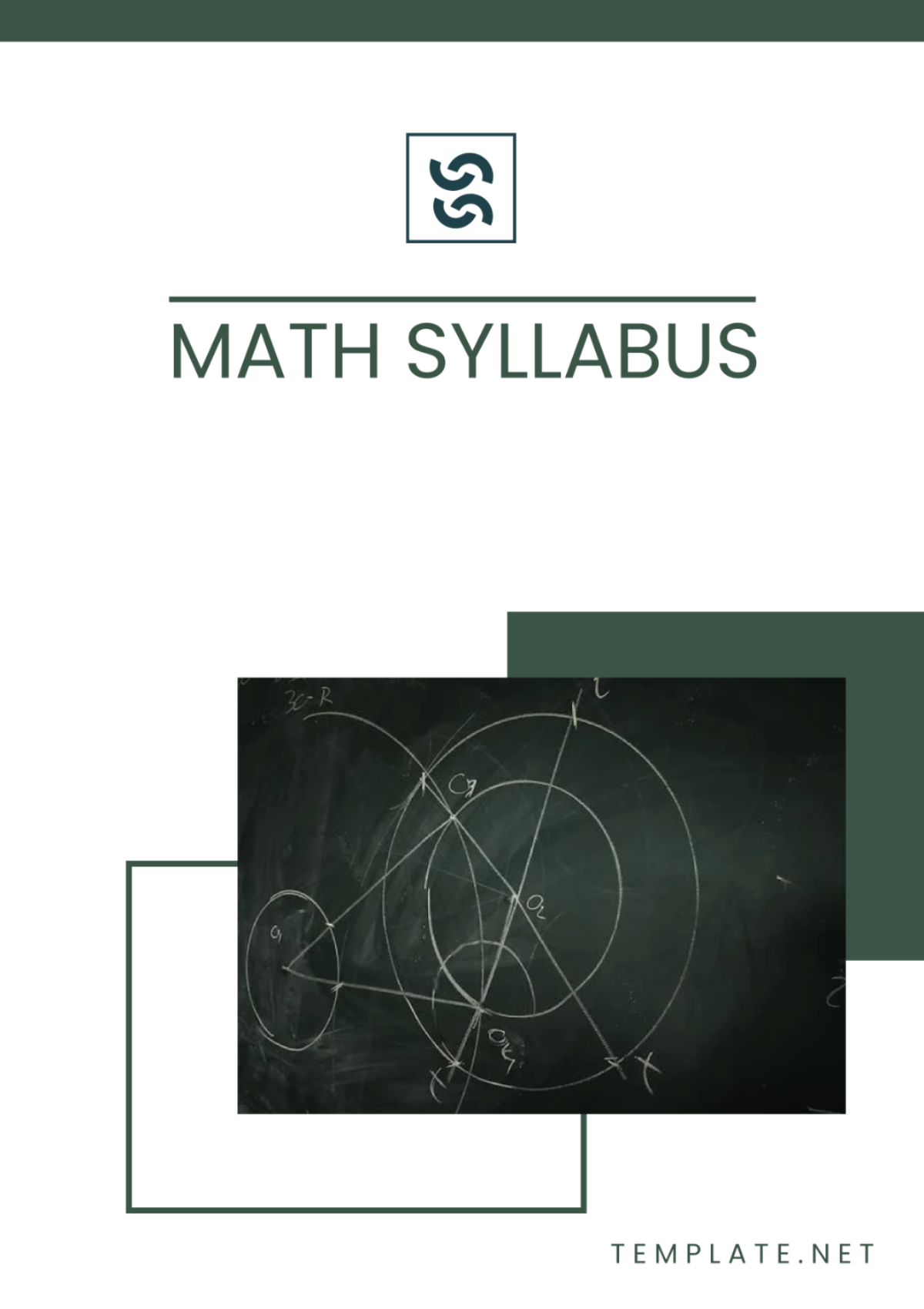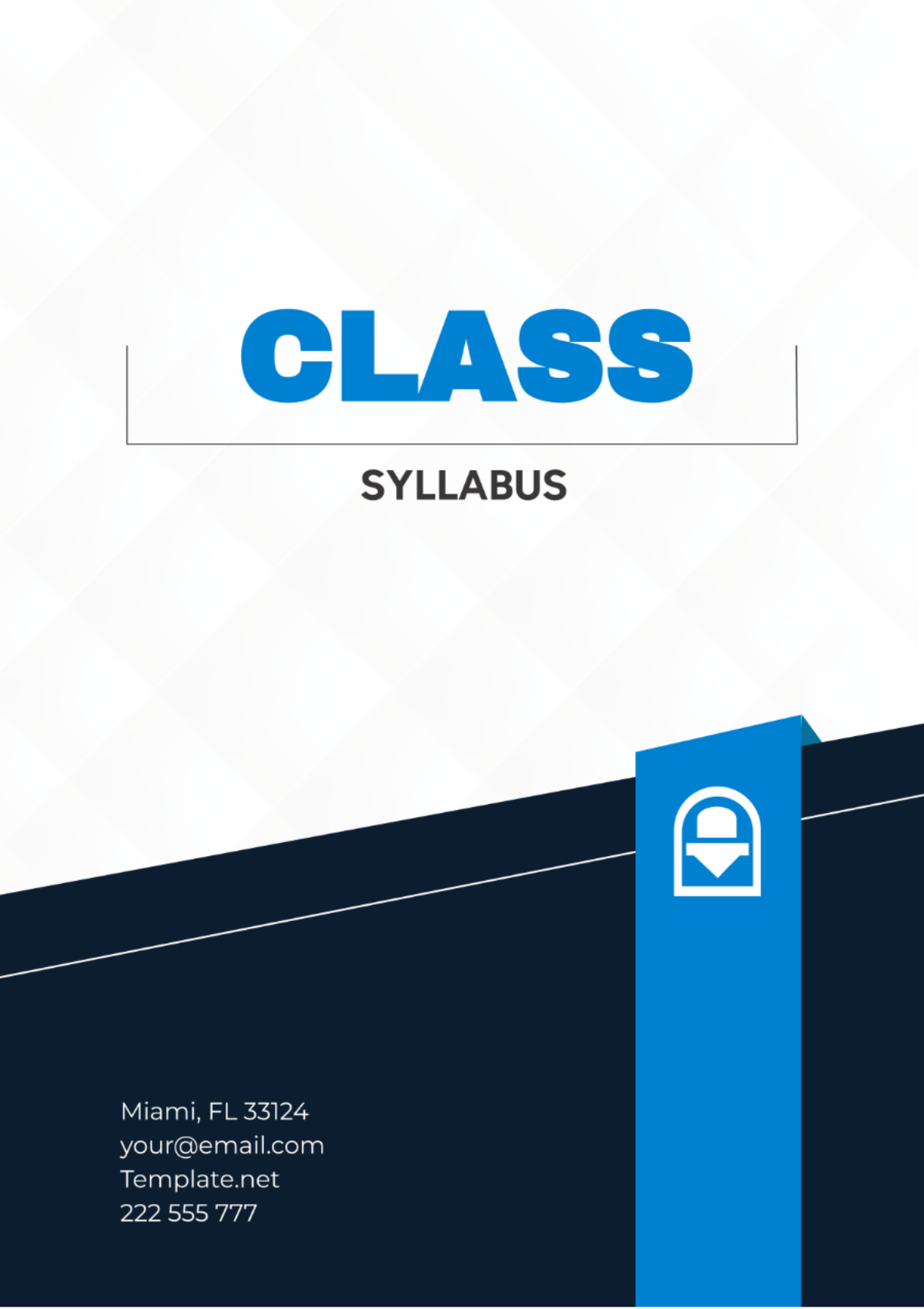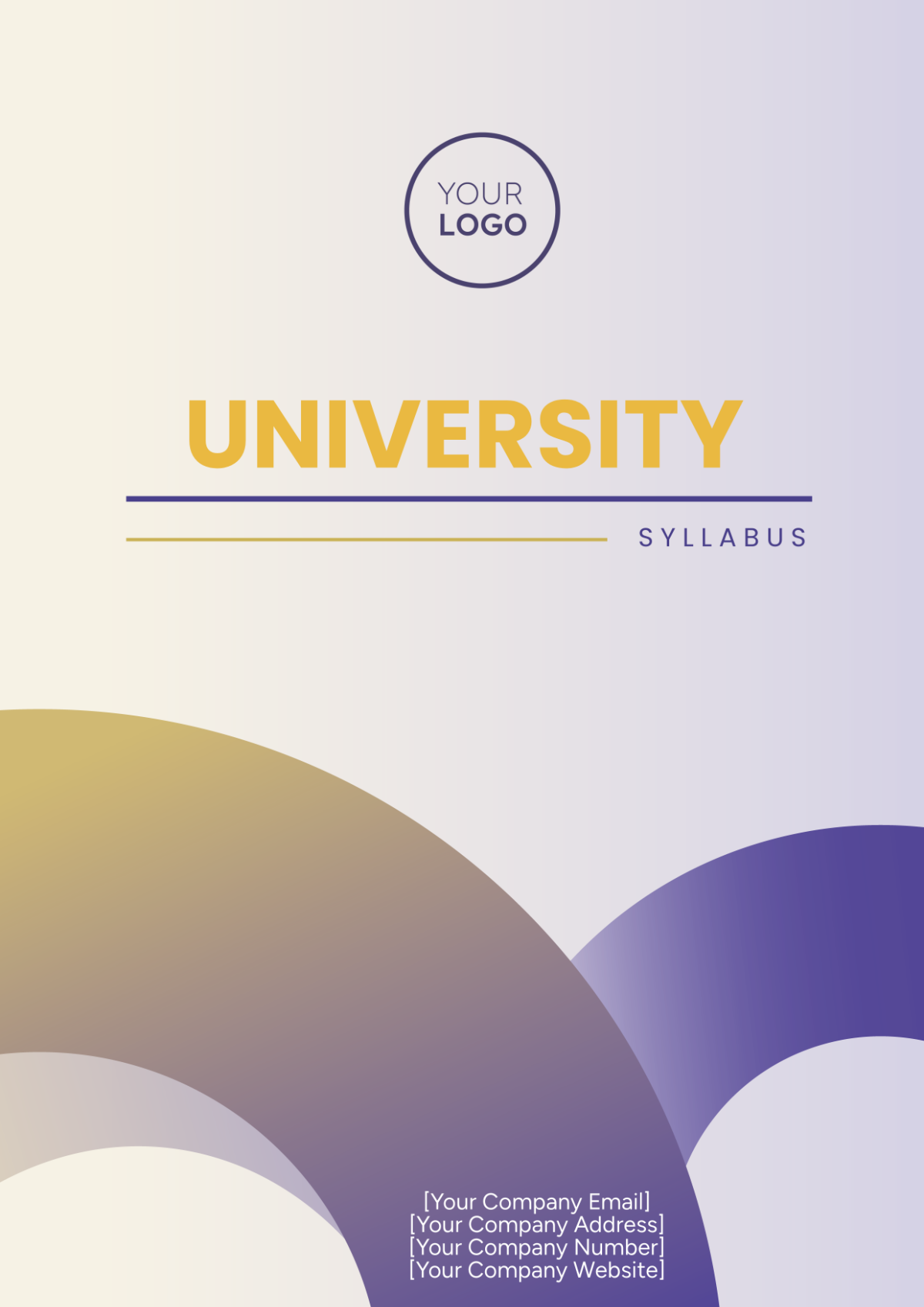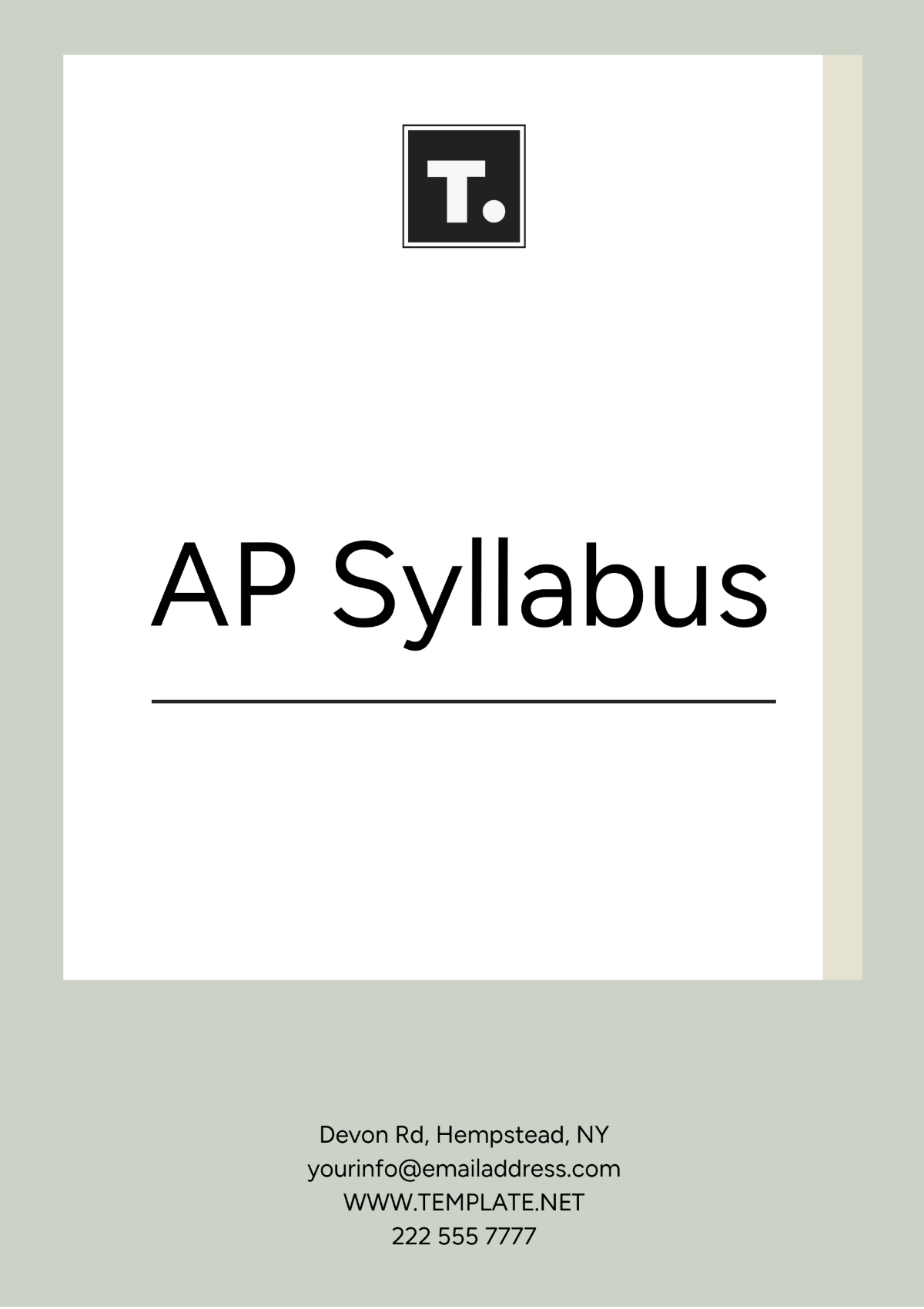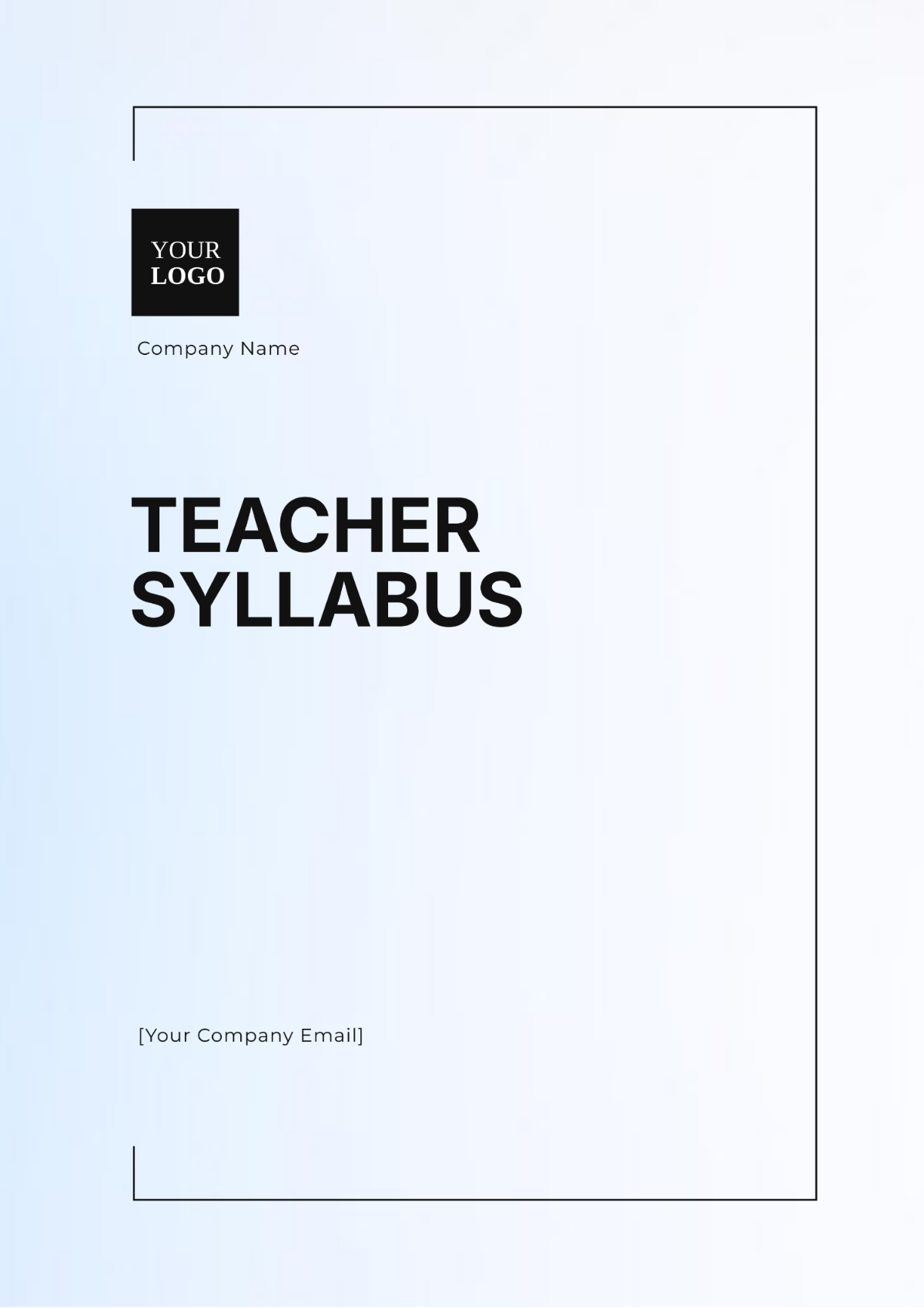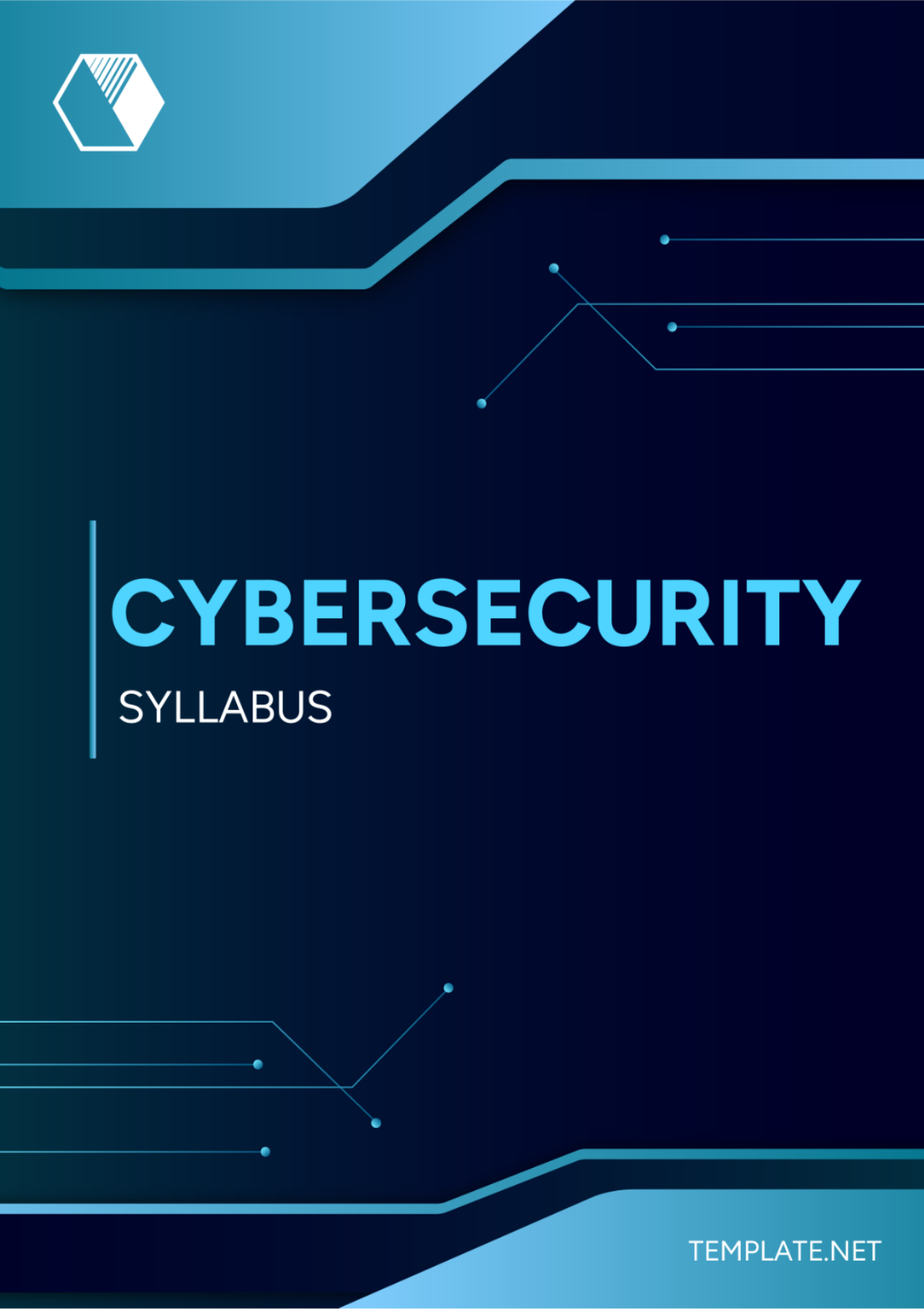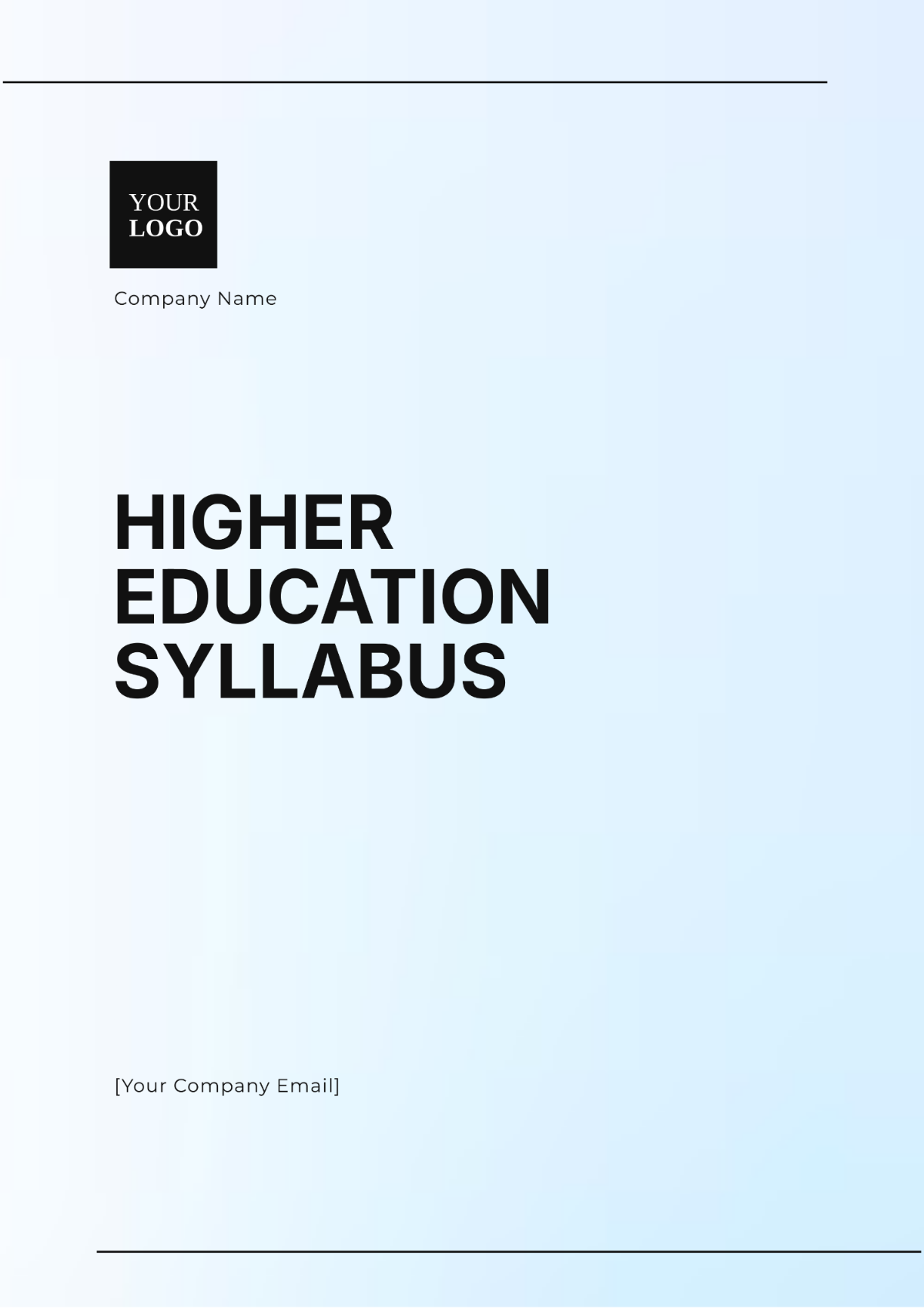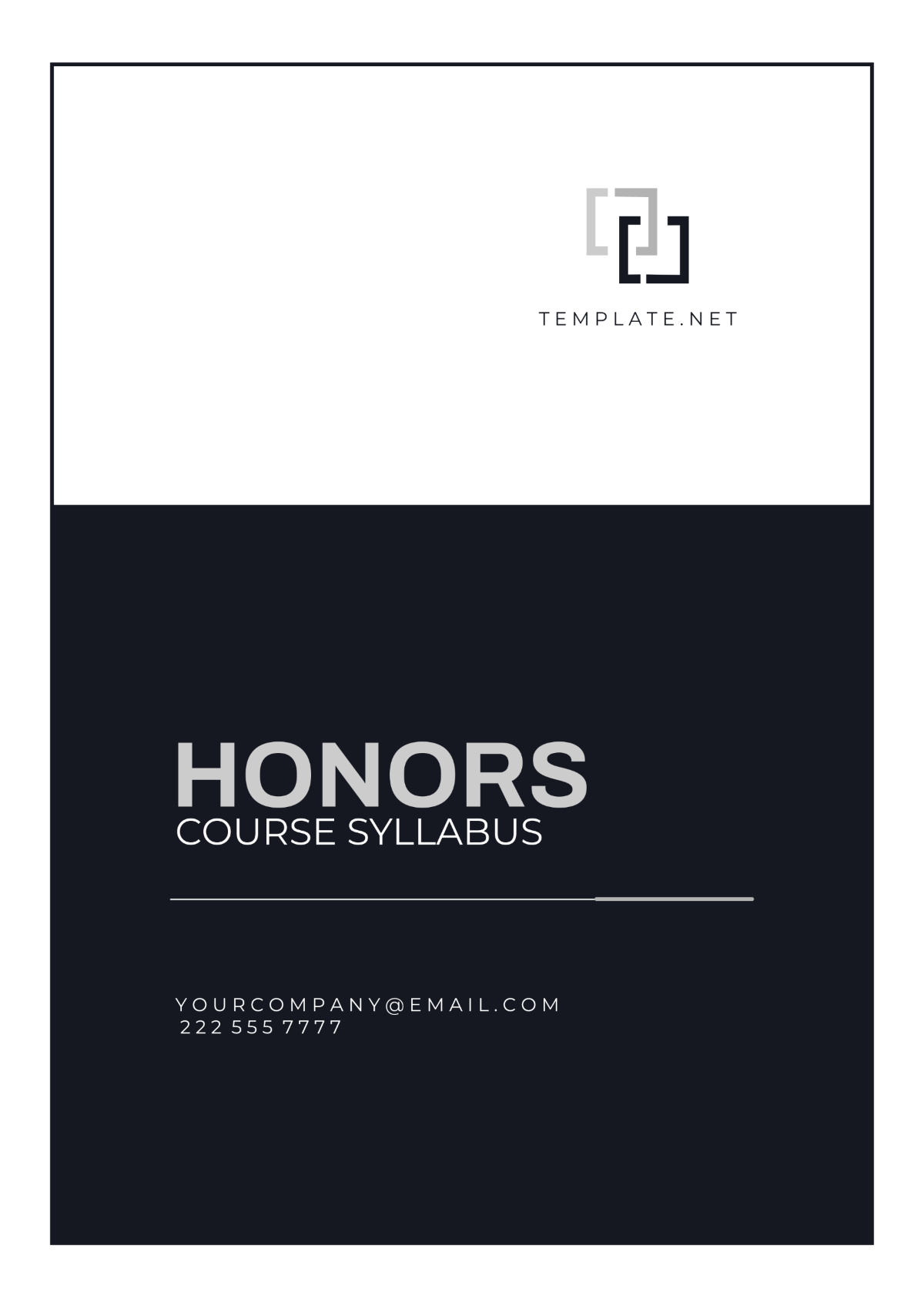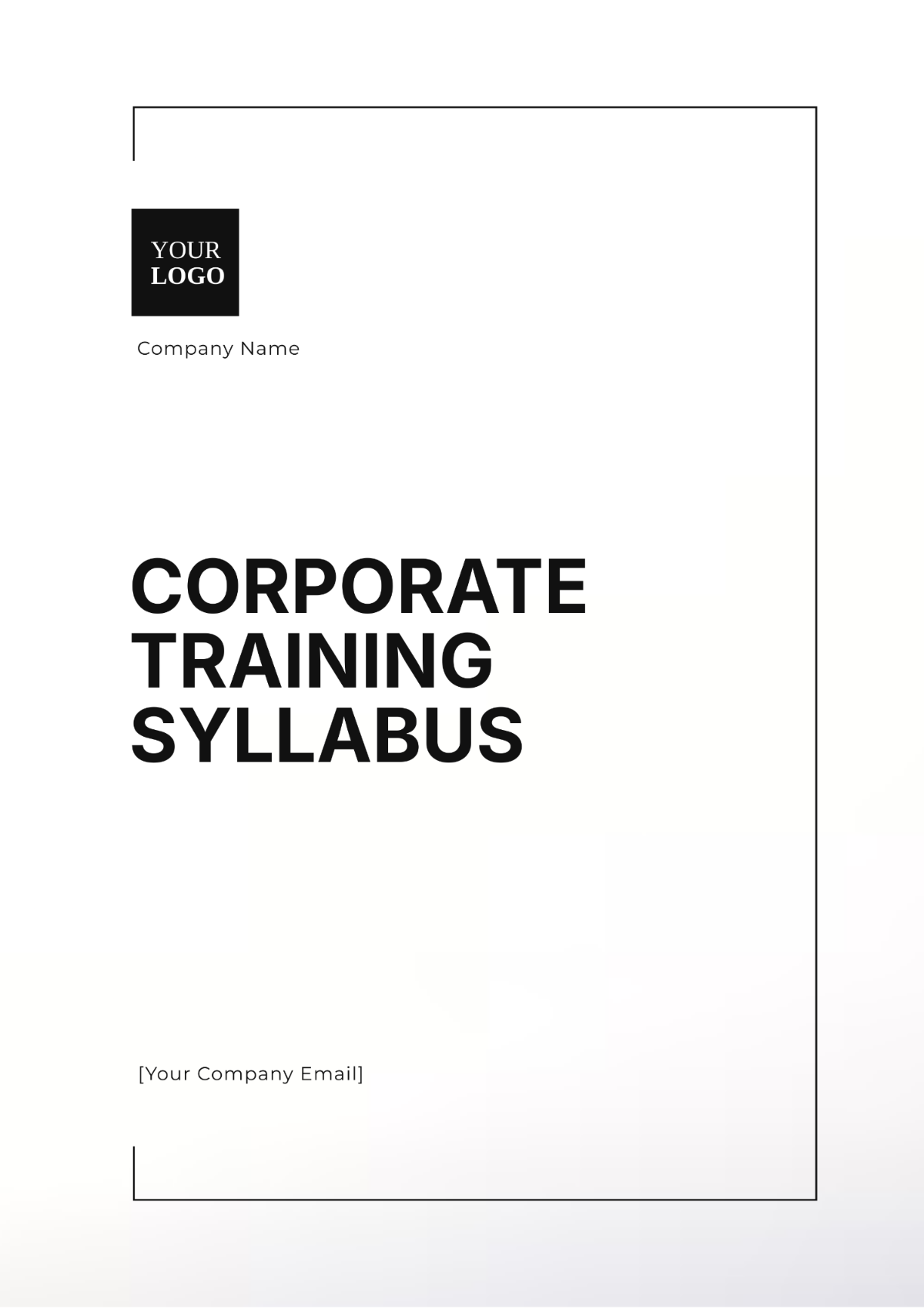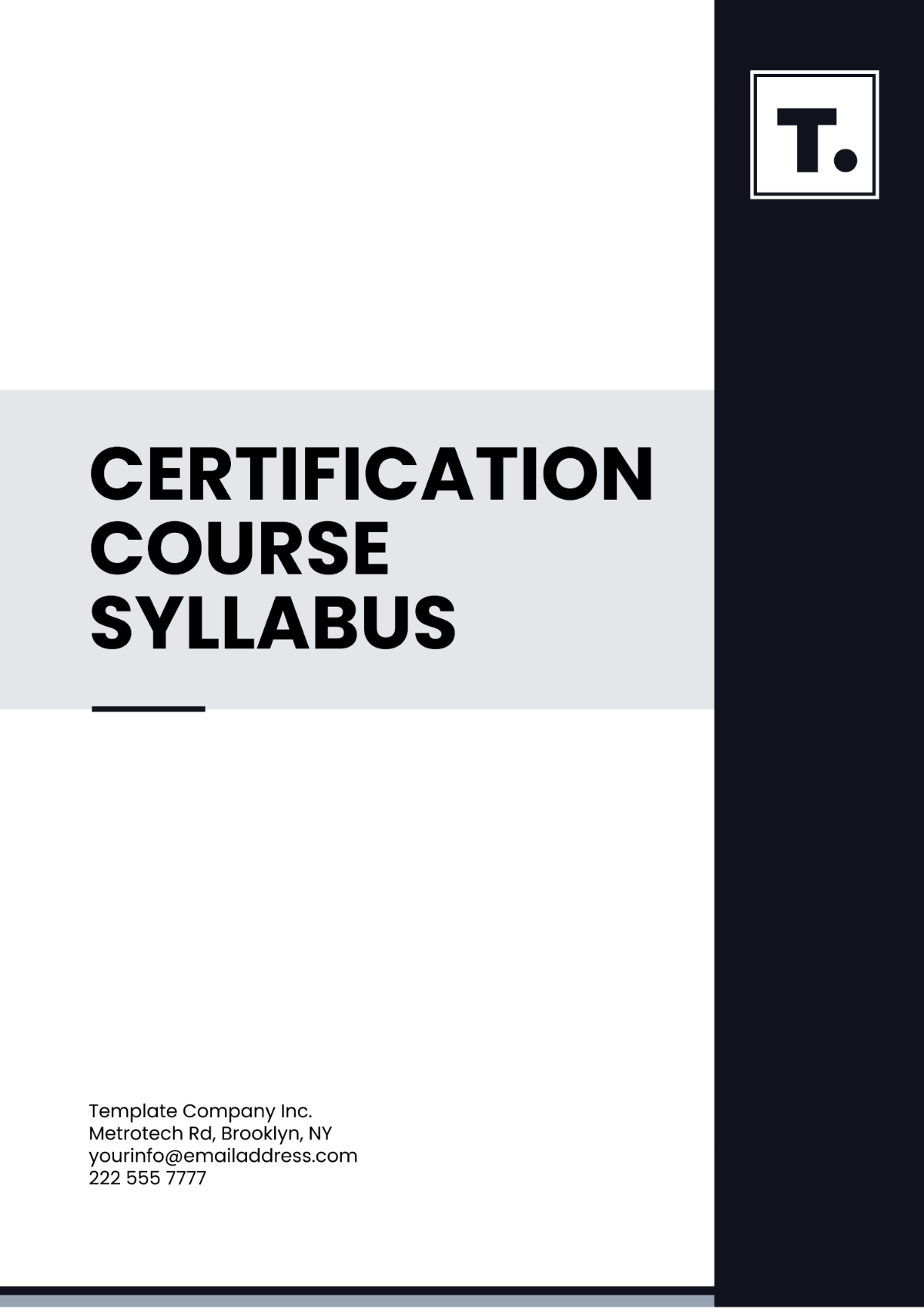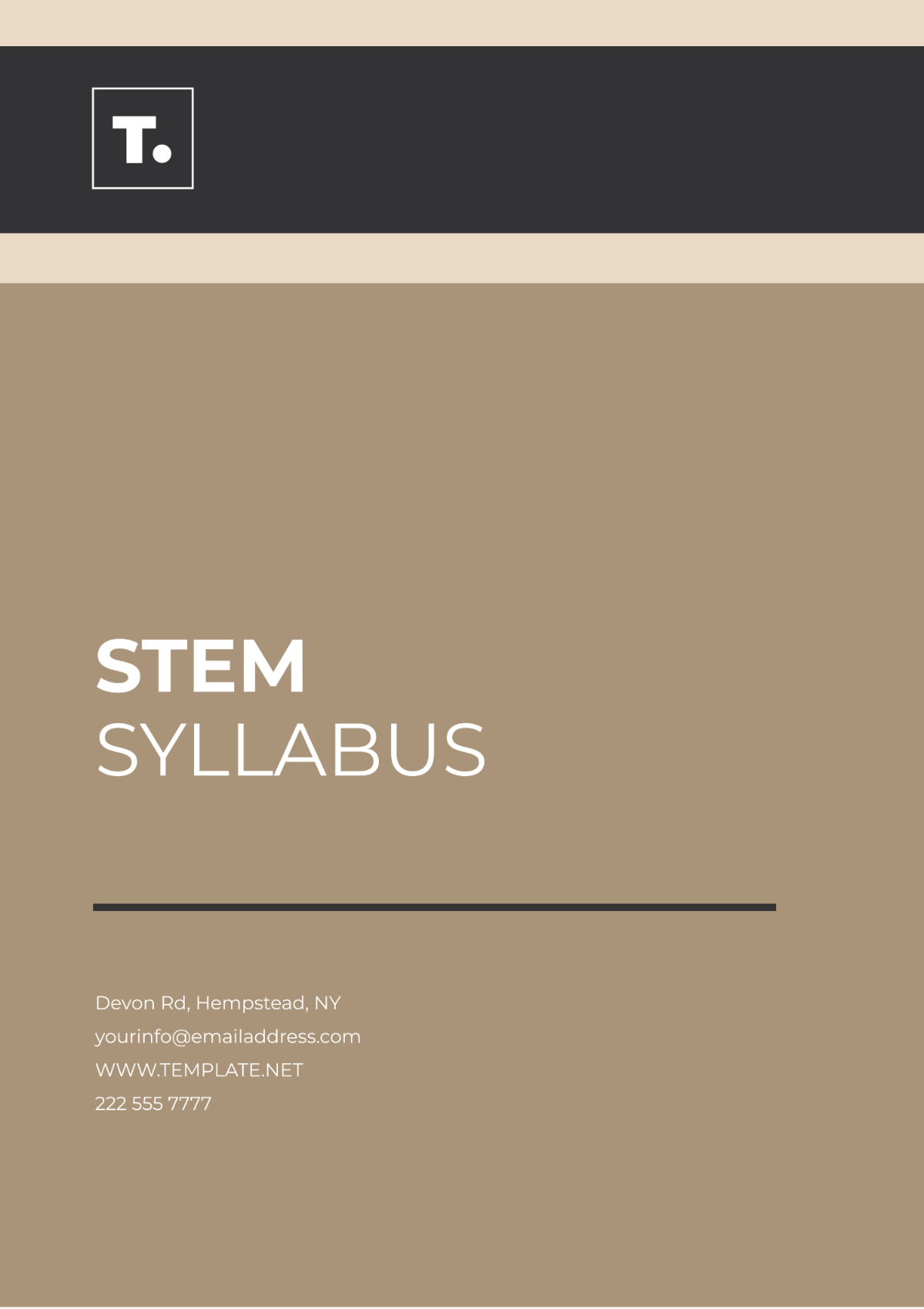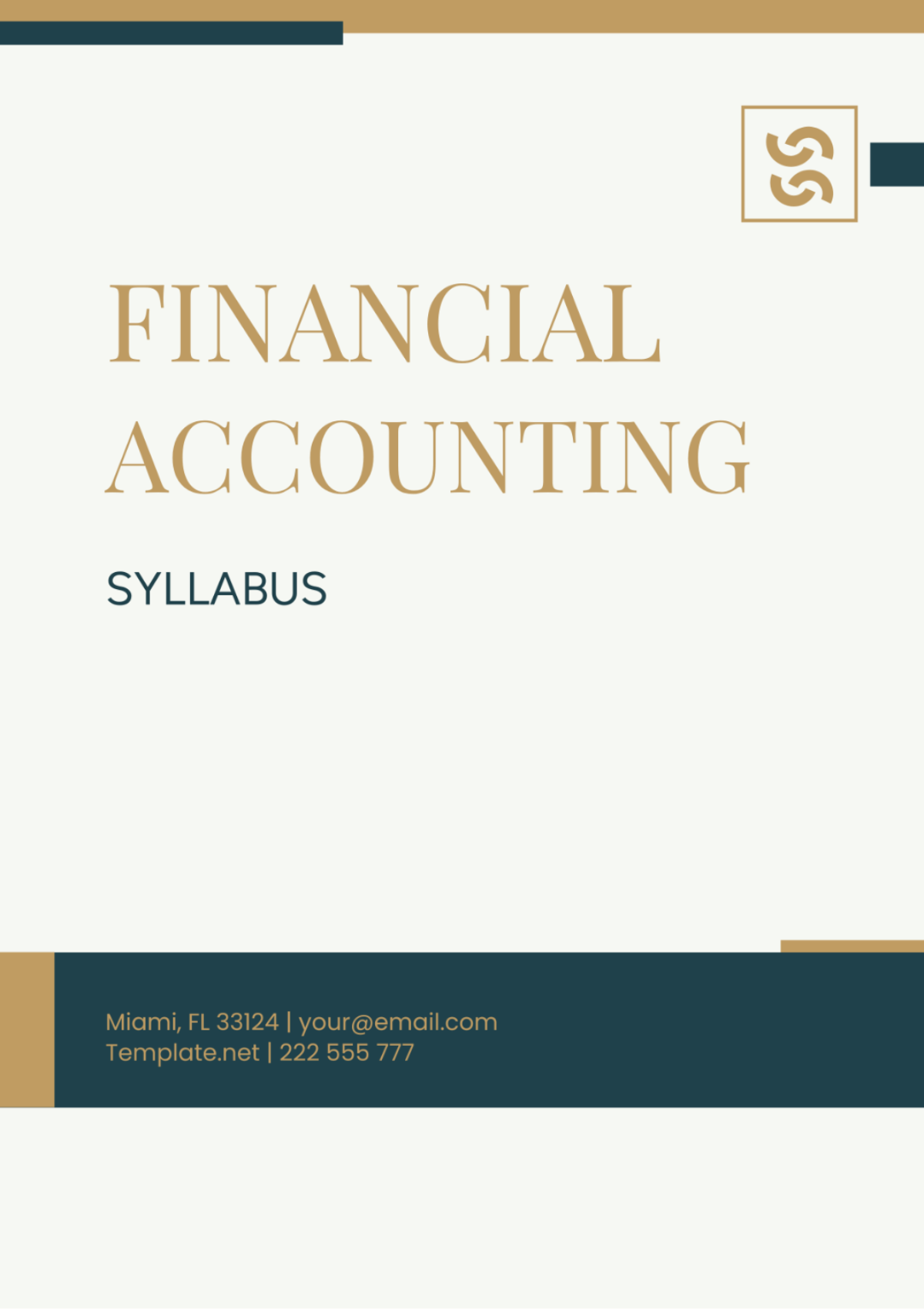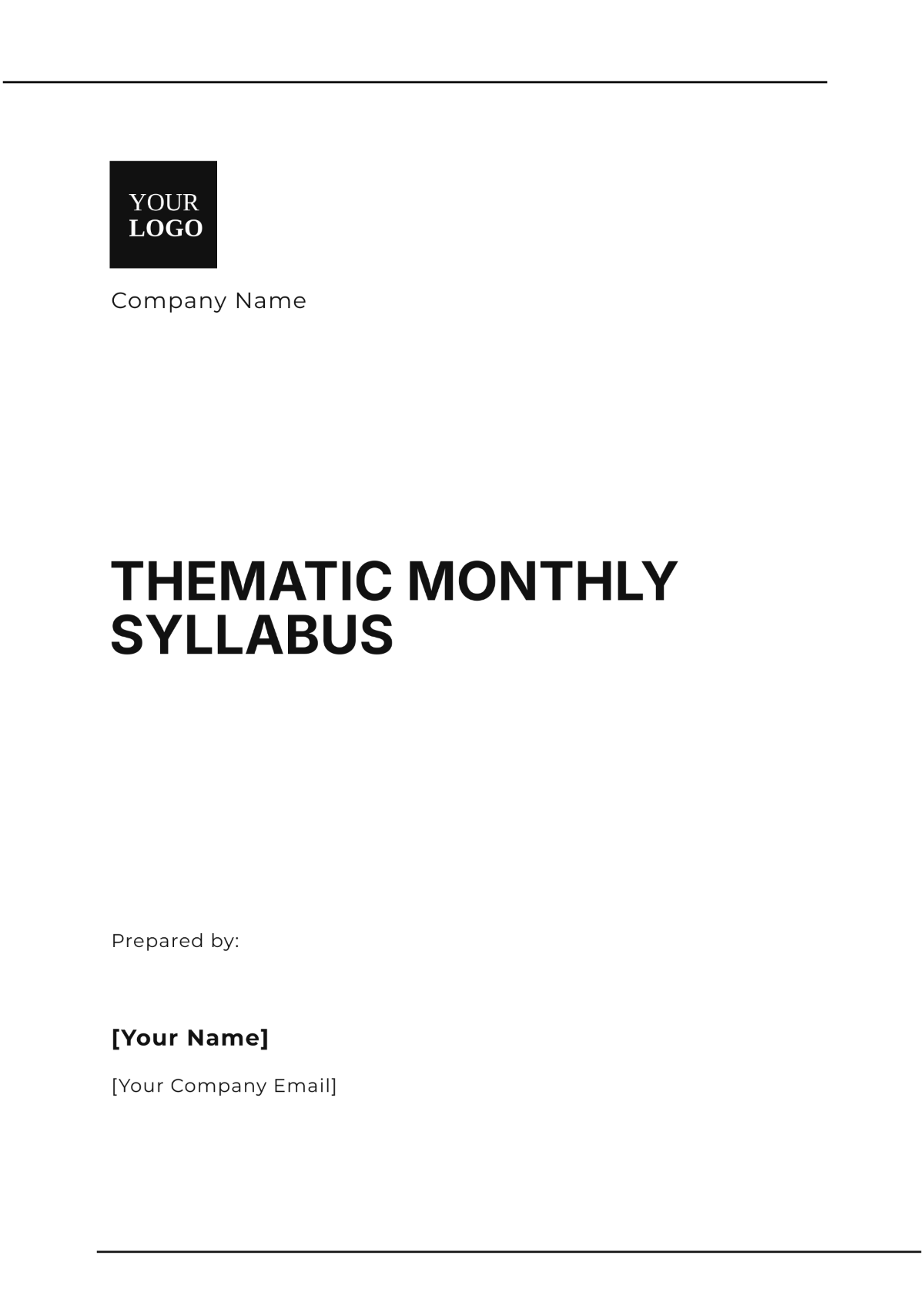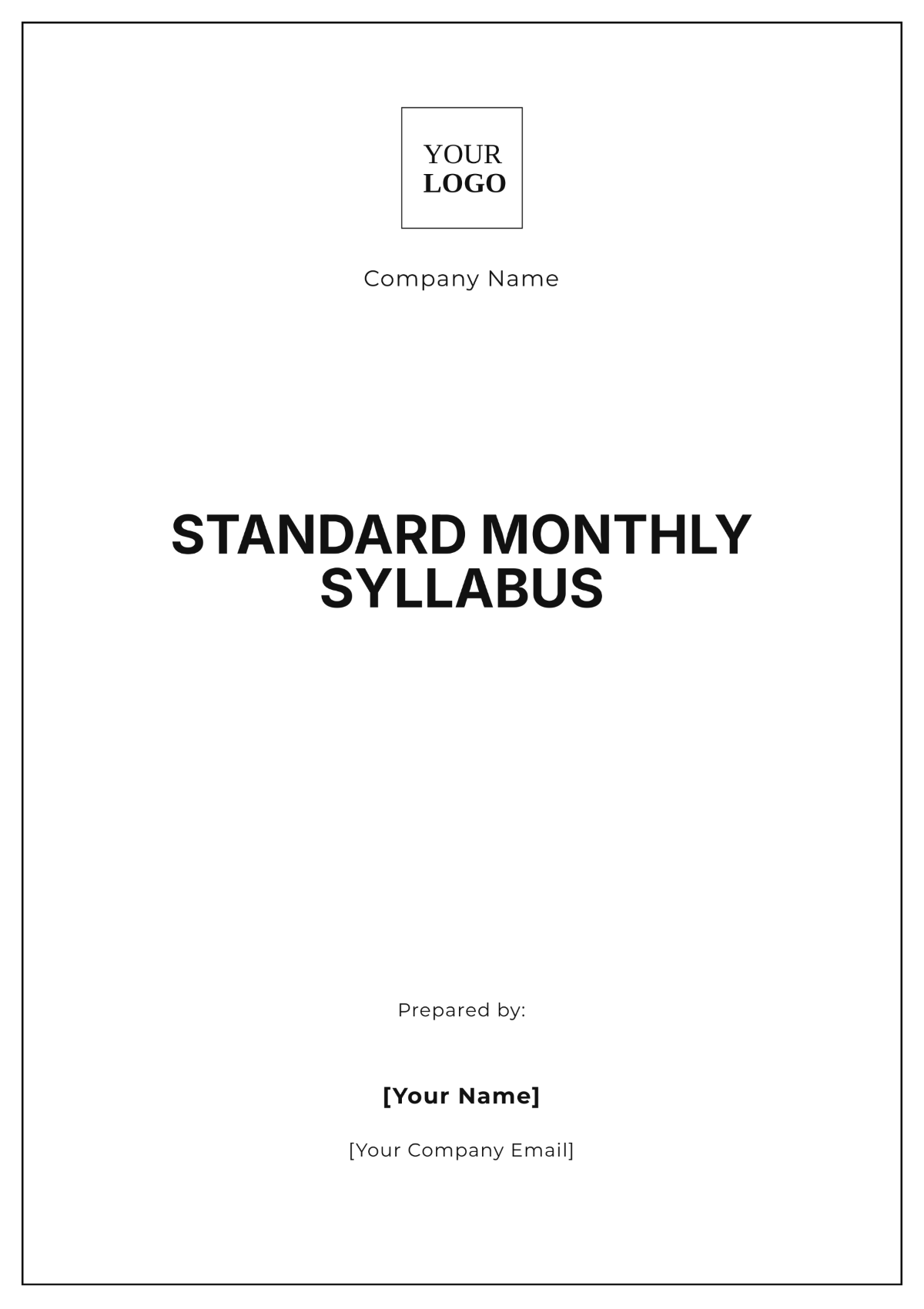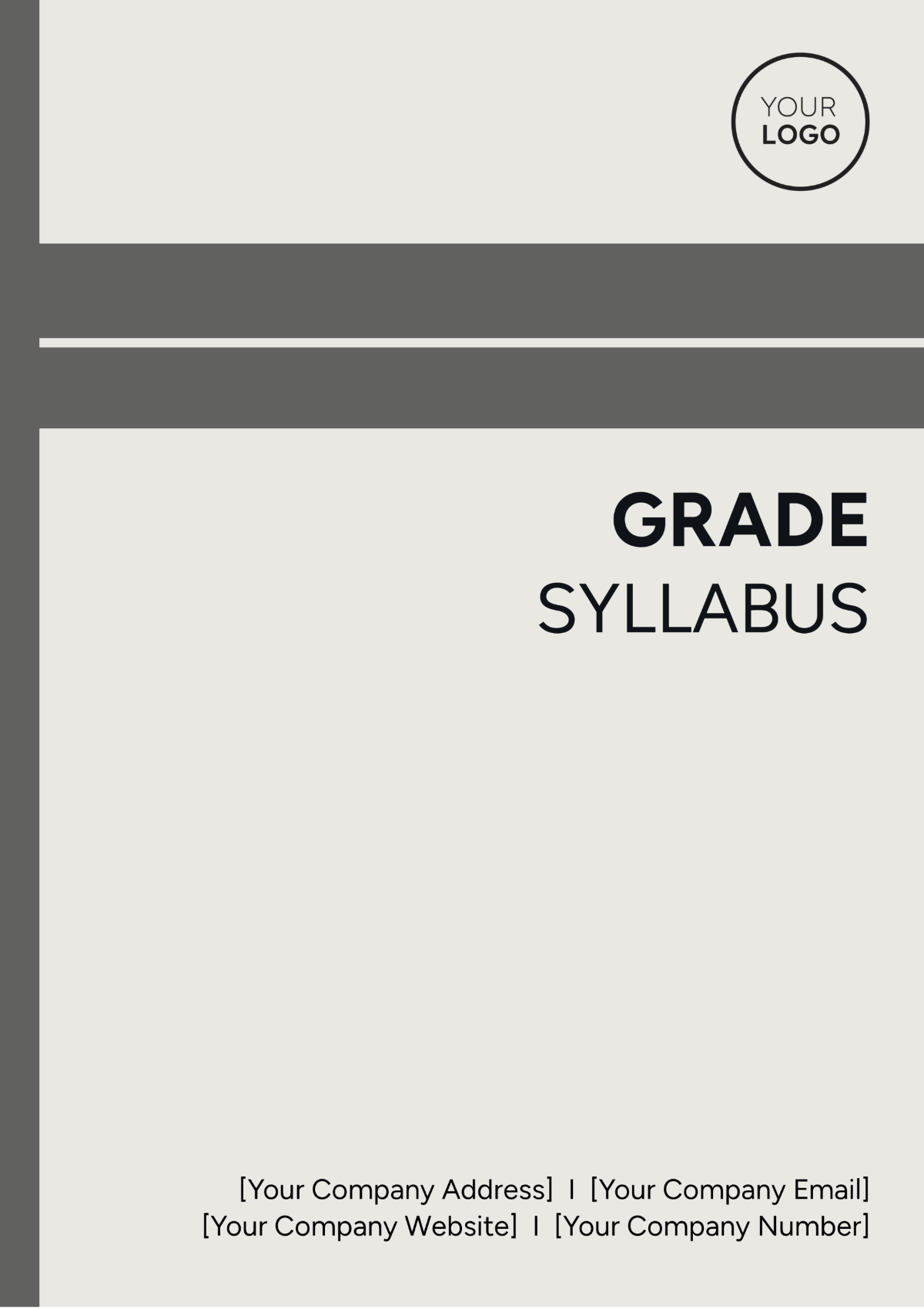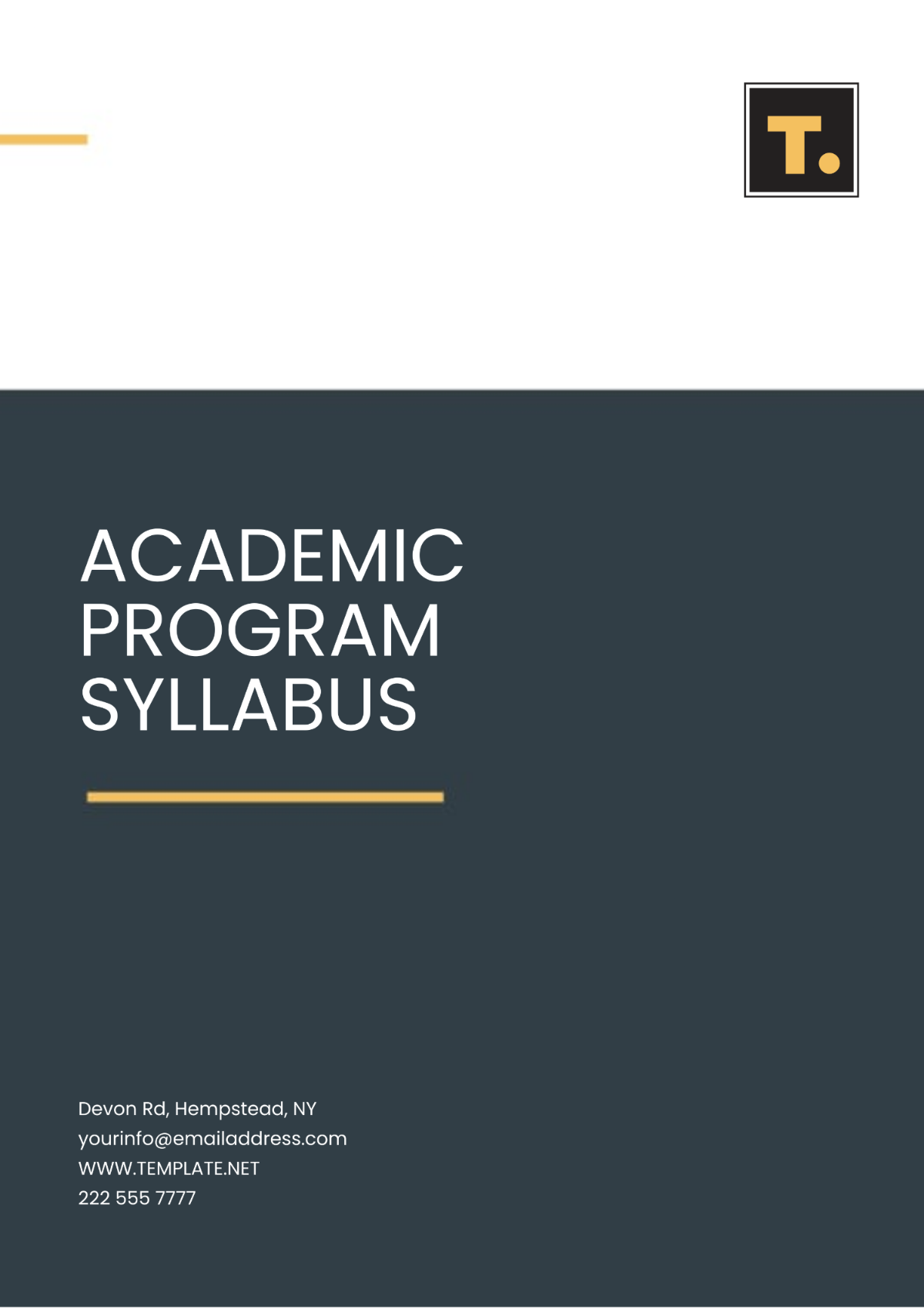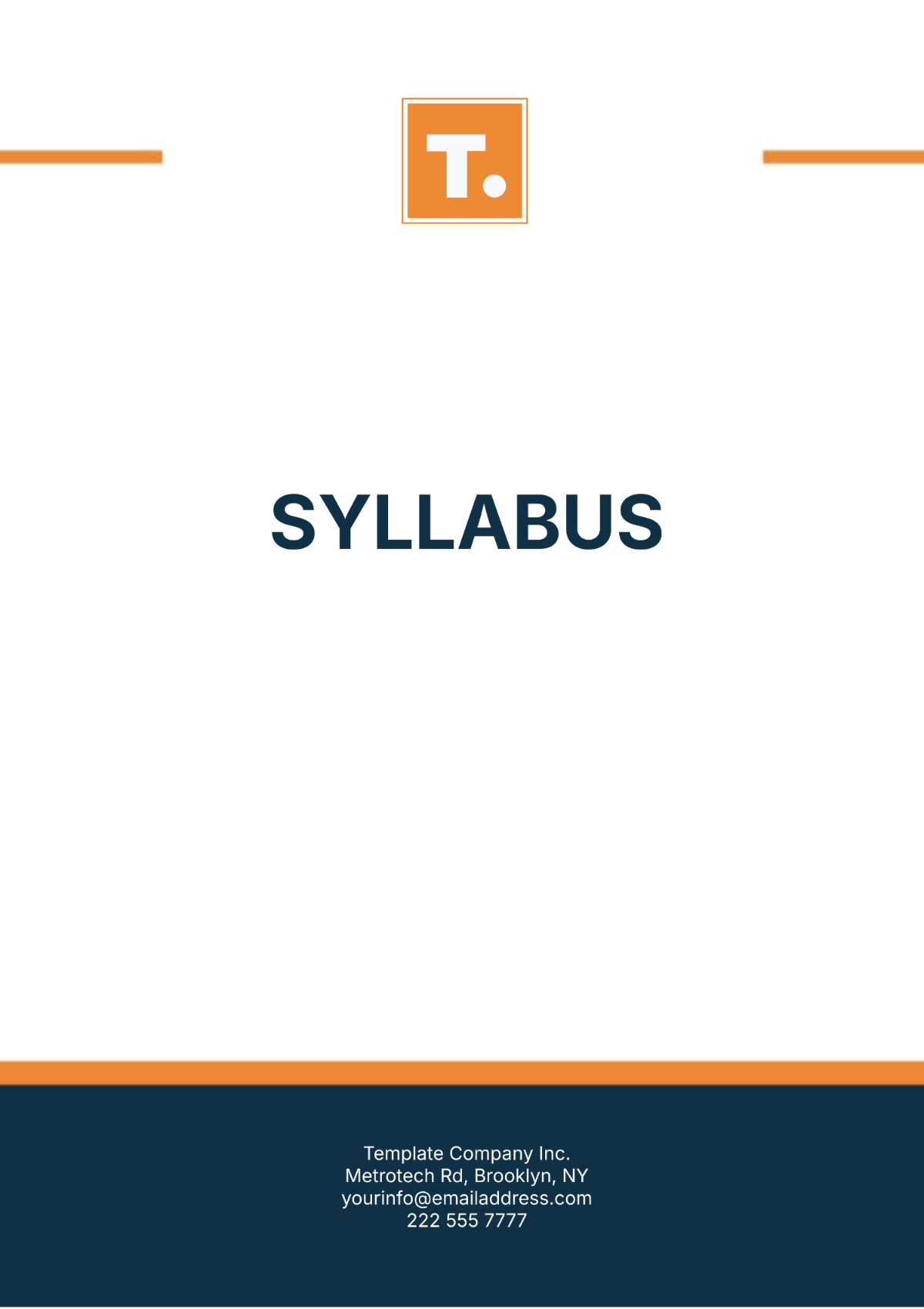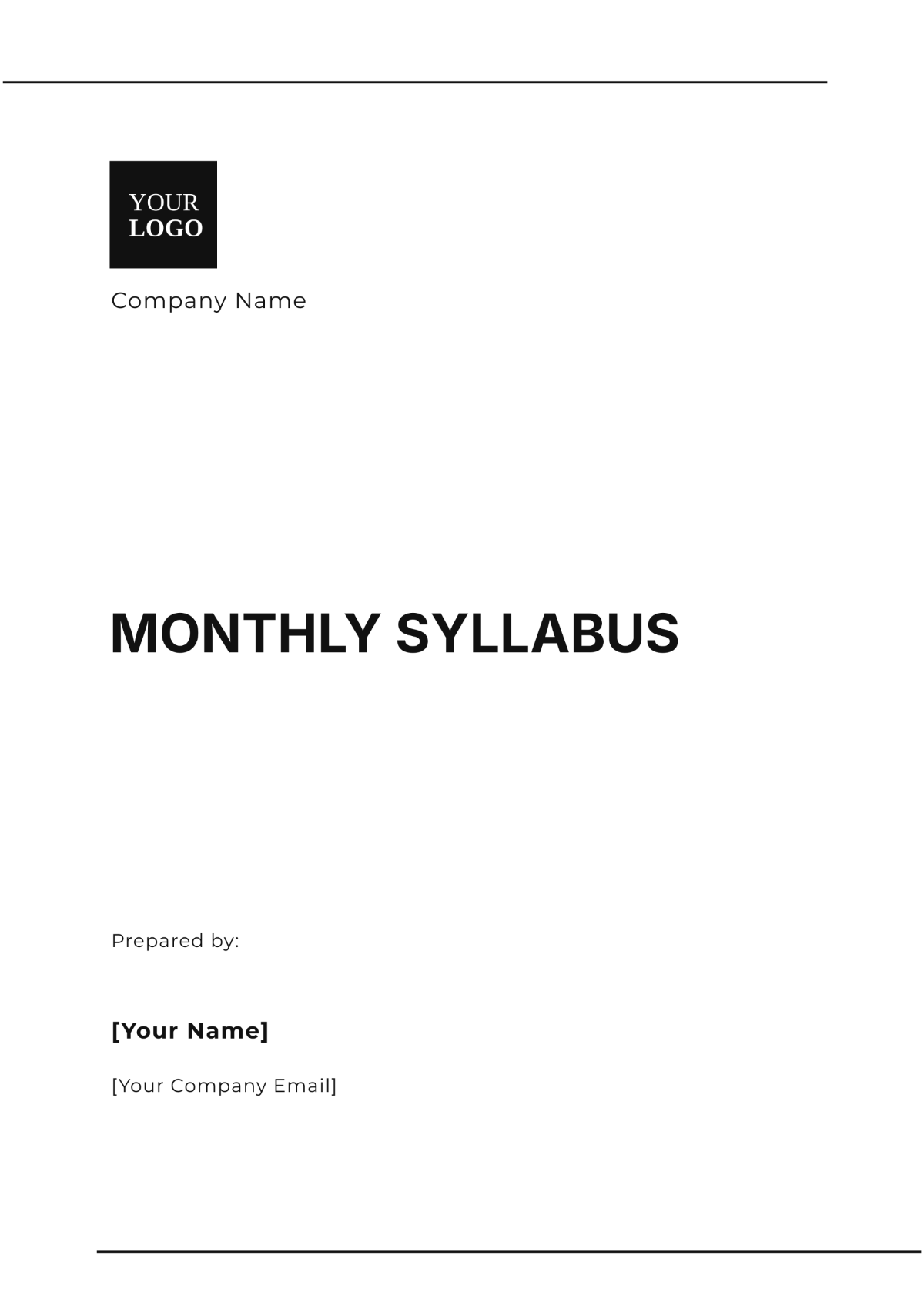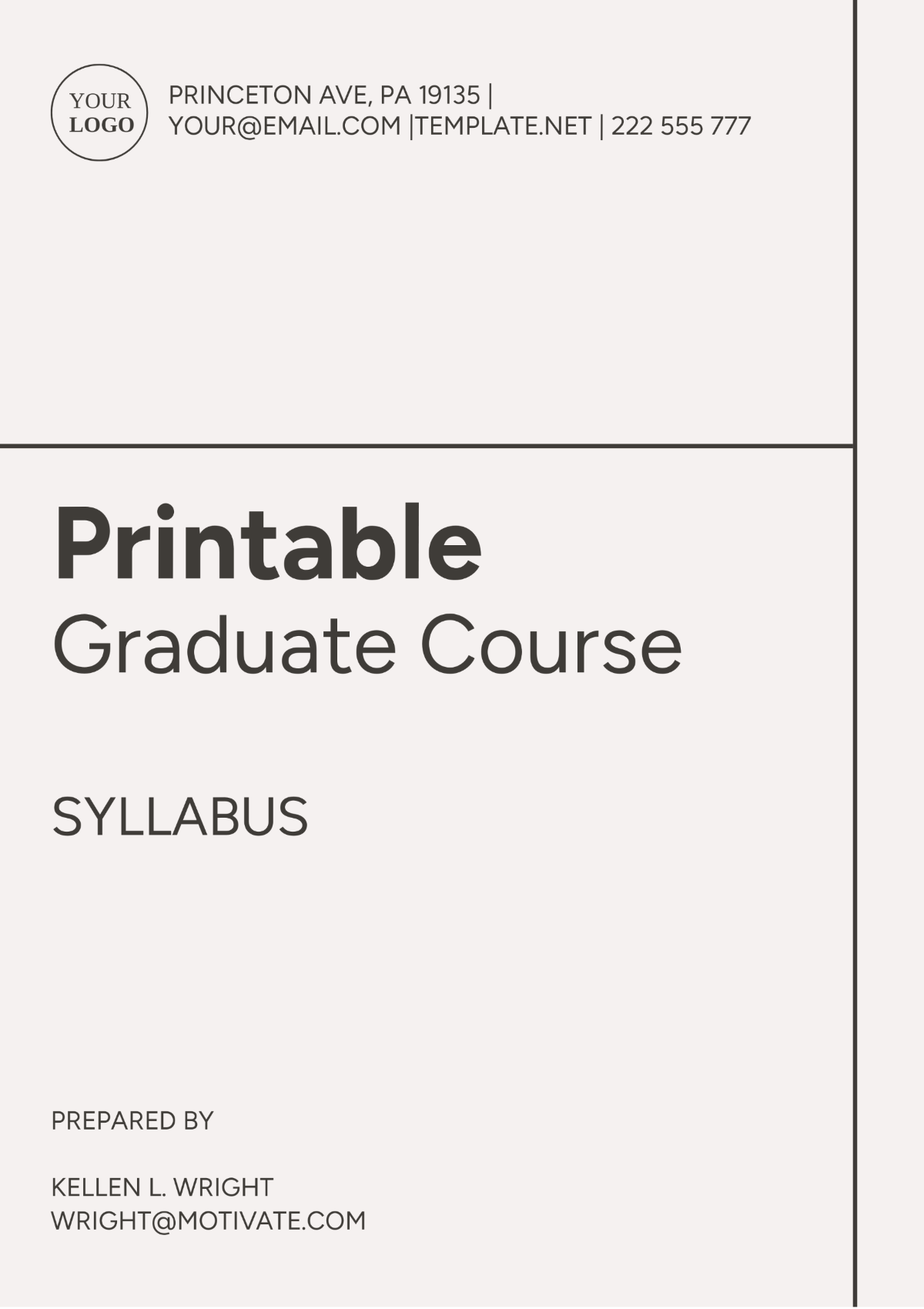STEM Syllabus
Introduction to STEM
This course is an introduction to the interdisciplinary fields of Science, Technology, Engineering, and Mathematics (STEM). It aims to provide students with a comprehensive foundation in these critical areas.
Course Objectives
Understand core concepts in science, technology, engineering, and mathematics
Develop critical thinking and problem-solving skills
Apply STEM knowledge to real-world scenarios
Grading Breakdown
Component | Percentage of Final Grade |
|---|---|
Homework | 20% |
Quizzes | 15% |
Midterm Exam | 25% |
Final Project | 30% |
Participation | 10% |
Module 1: Foundations of Science
Week 1: Scientific Method
Introduction to the principles of the scientific method, including hypothesis formation, experimentation, and analysis.
Week 2: Basic Physics
Fundamentals of physics including motion, force, and energy.
Week 3: Basic Chemistry
Introduction to chemical principles including atomic structure, chemical bonds, and reactions.
Module 2: Technology
Week 4: Information Technology
Overview of information technology principles, including hardware, software, and networking.
Week 5: Programming Basics
Introduction to programming with a focus on problem-solving and logical thinking using languages such as Python.
Week 6: Emerging Technologies
Exploration of emerging technologies such as artificial intelligence, blockchain, and the Internet of Things (IoT).
Module 3: Engineering
Week 7: Principles of Engineering
Understanding the core principles of engineering, including design, analysis, and teamwork.
Week 8: Civil Engineering
Study of the design and construction of infrastructure such as roads, bridges, and buildings.
Week 9: Mechanical Engineering
Introduction to mechanical engineering principles including mechanics, thermodynamics, and materials science.
Module 4: Mathematics
Week 10: Algebra
Review of fundamental algebraic concepts including equations, inequalities, and functions.
Week 11: Calculus
Basic understanding of calculus including limits, derivatives, and integrals.
Week 12: Statistics
Introduction to statistical concepts including probability, distributions, and data analysis.
Resources and Materials
Textbooks
"Principles of Physics" by David Halliday
"Chemistry: The Central Science" by Brown, LeMay, Bursten, Murphy
"Introduction to the Practice of Statistics" by Moore, McCabe, and Craig
Online Resources
Khan Academy
Coursera
edX
Assignments and Projects
Throughout the course, students will be assigned various homework, quizzes, and projects designed to reinforce the material covered in lectures. The final project will require students to develop a comprehensive solution to a real-world problem using the principles learned in class.
Office Hours and Contact Information
Instructor: [YOUR NAME]
Email: [YOUR EMAIL]
Office Hours: Mondays and Wednesdays, 2-4 PM
